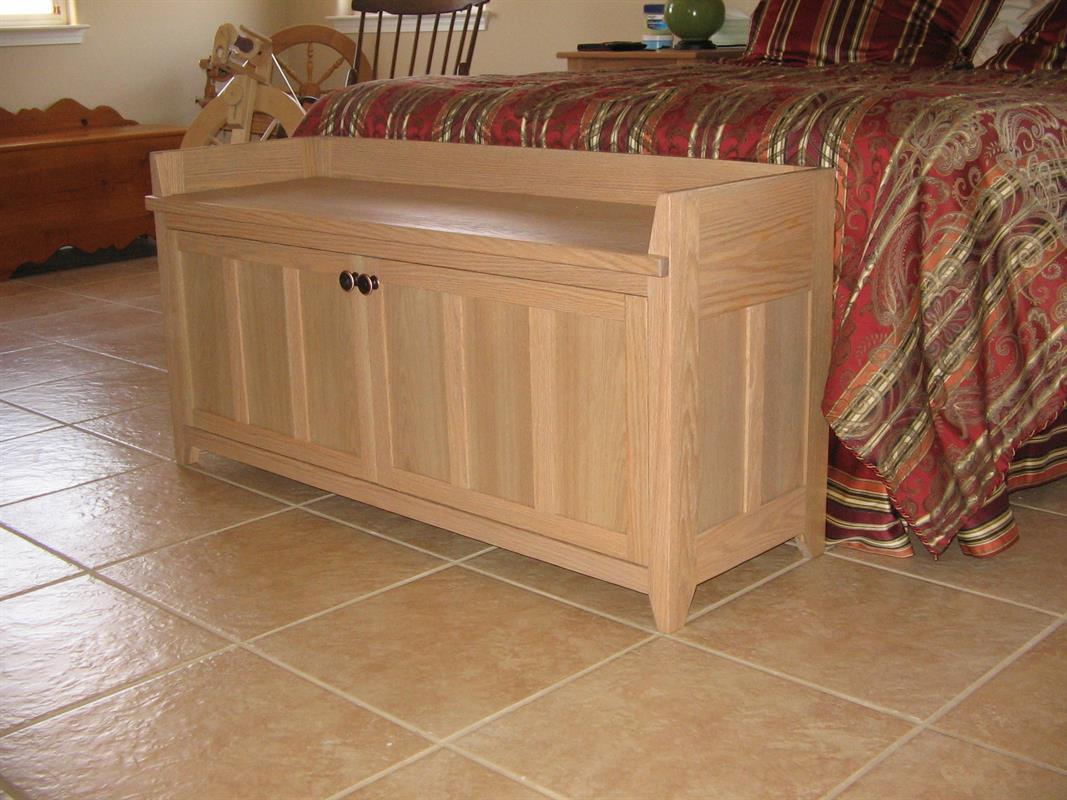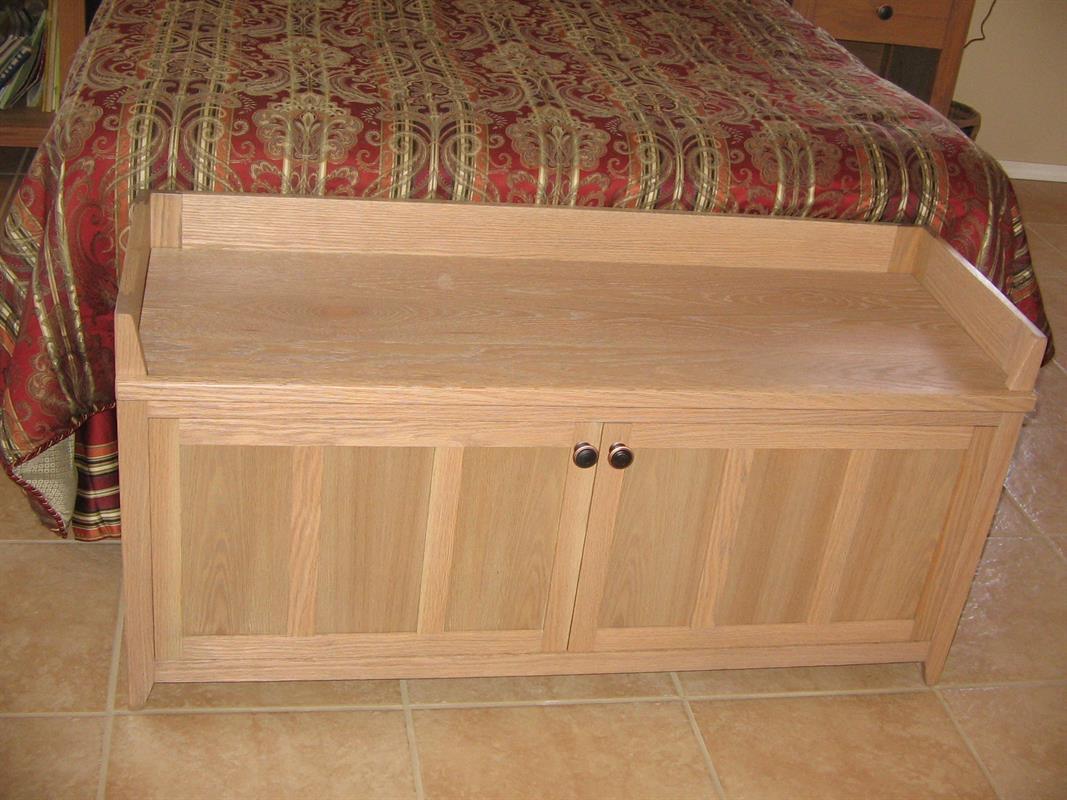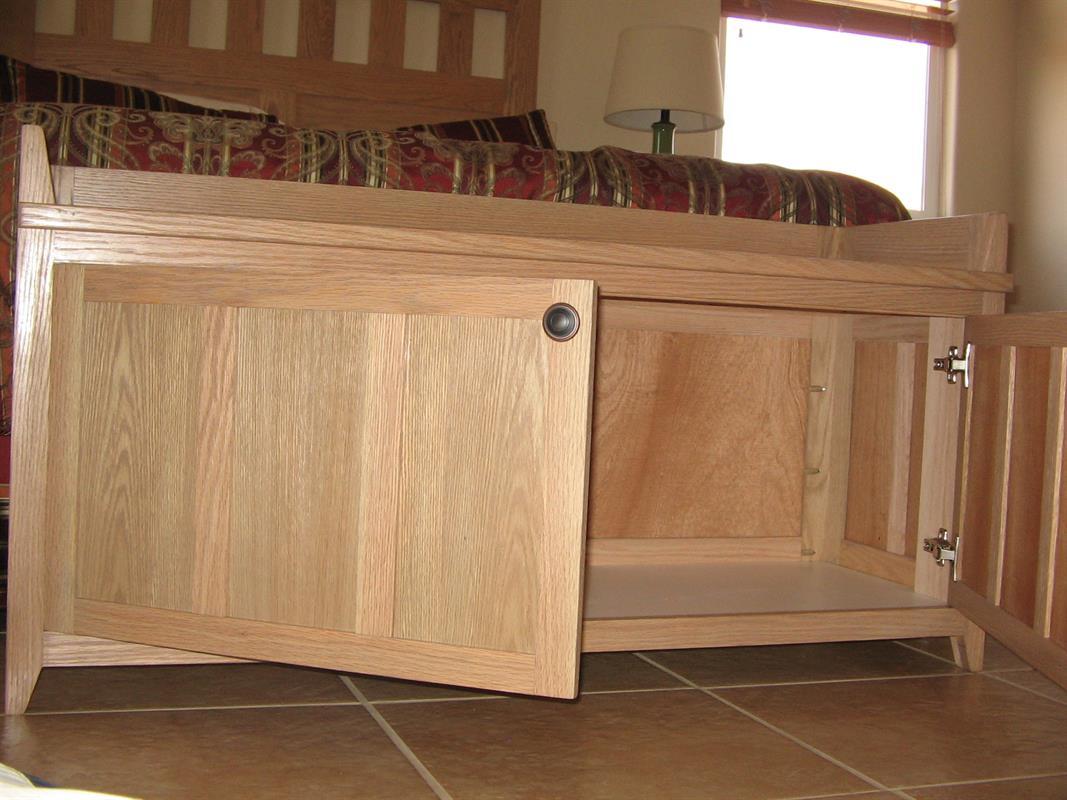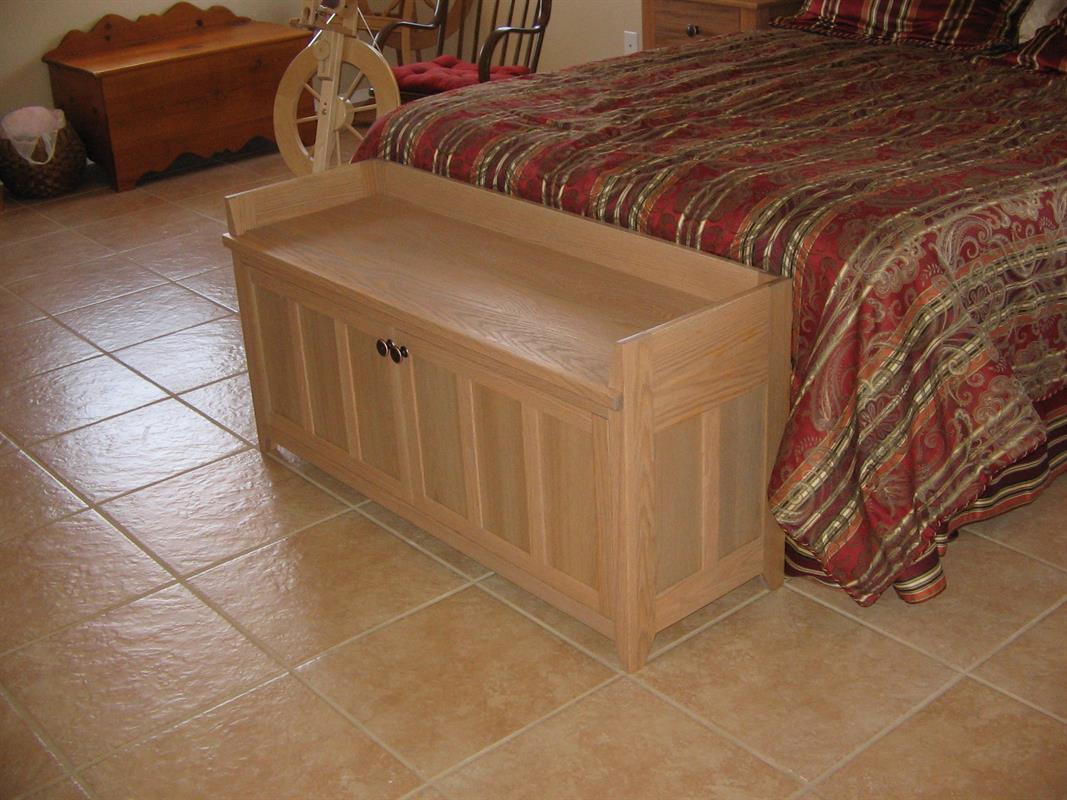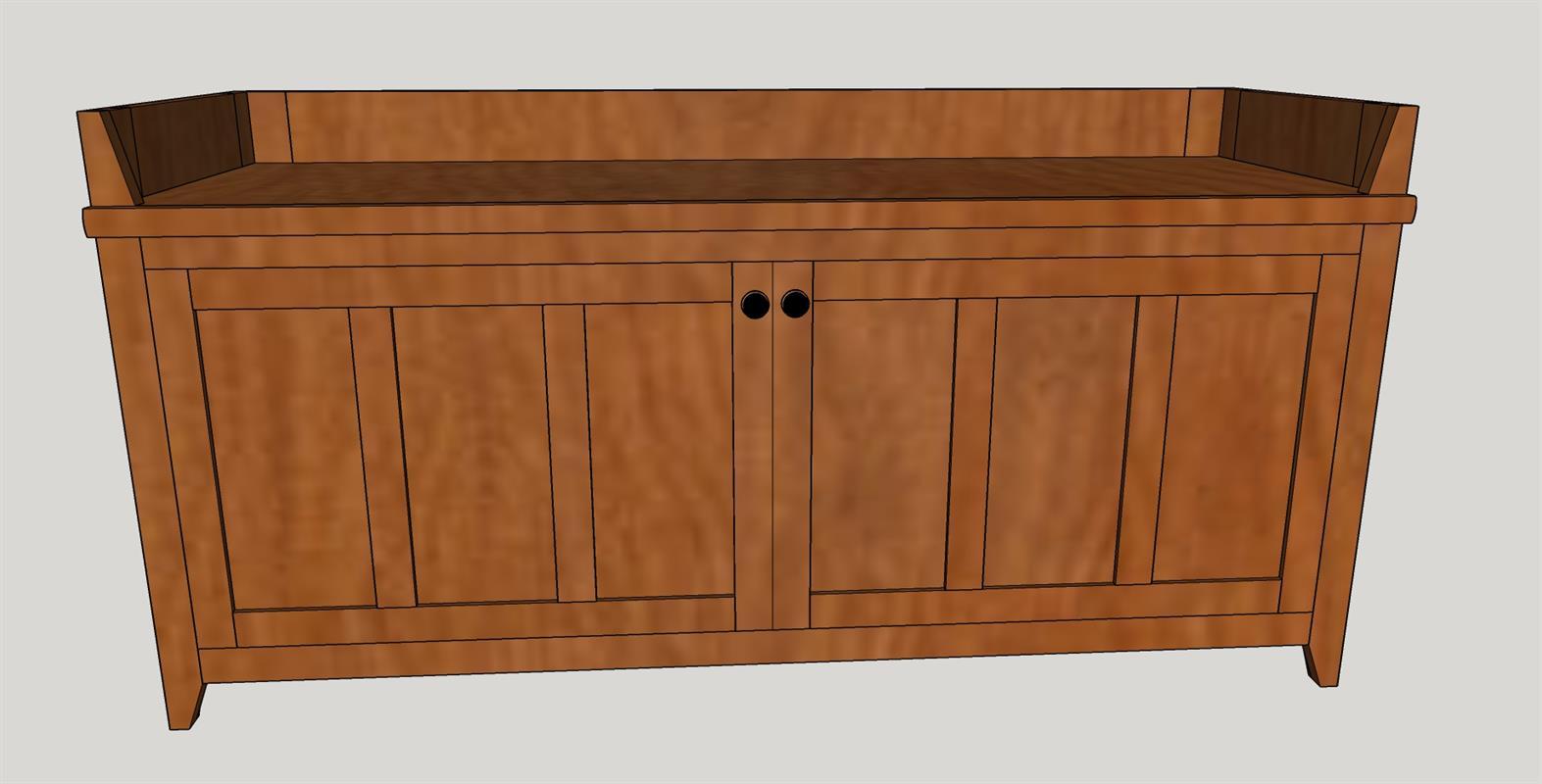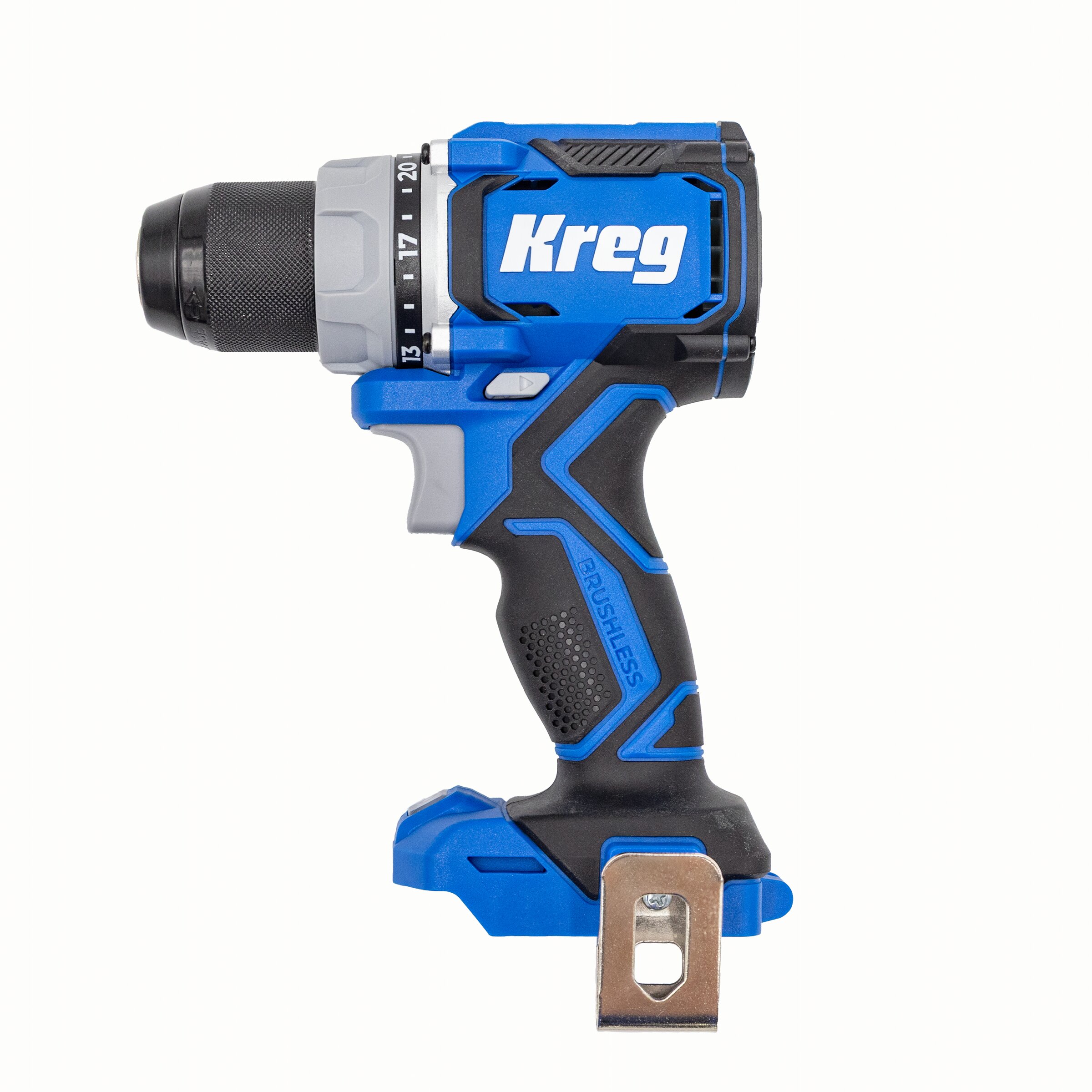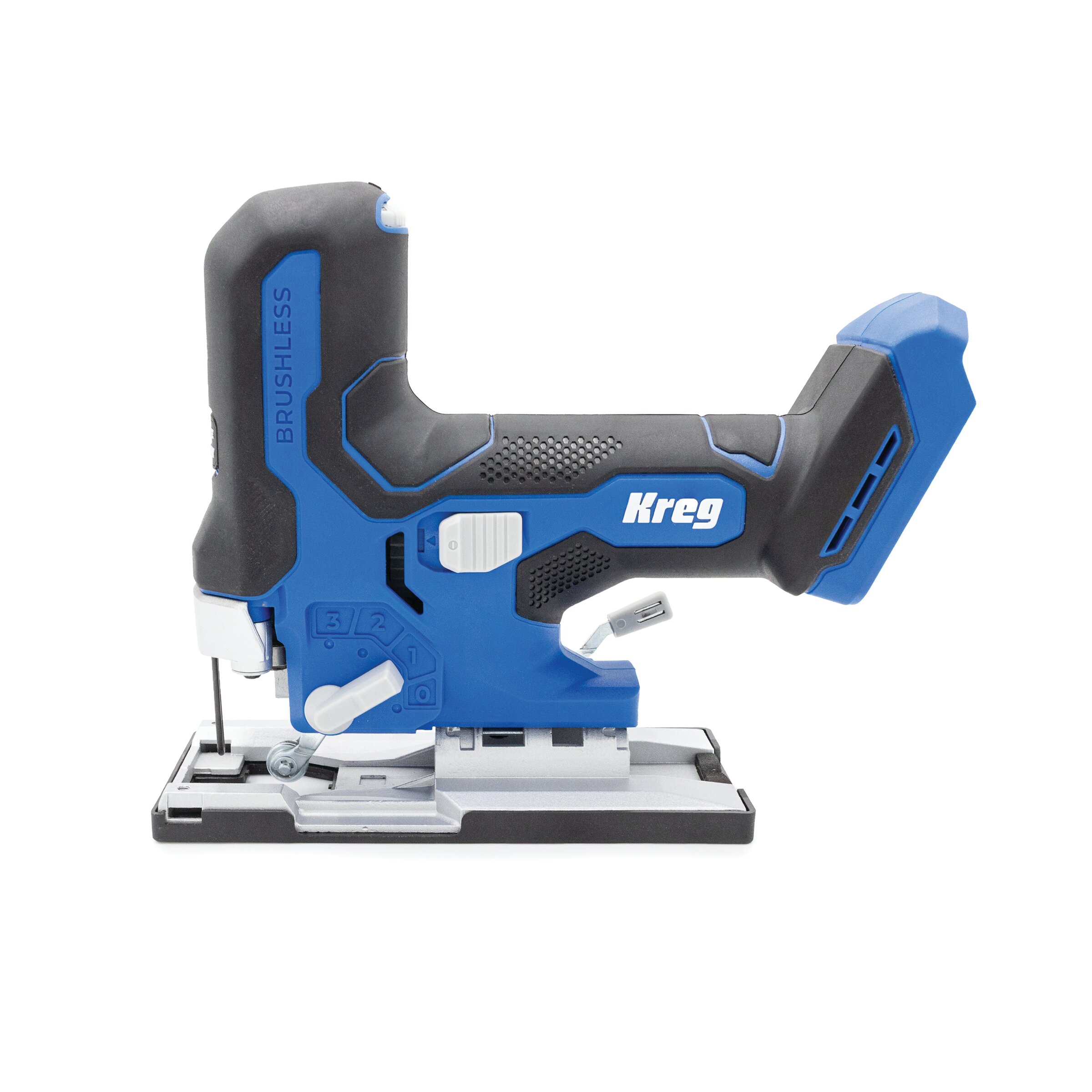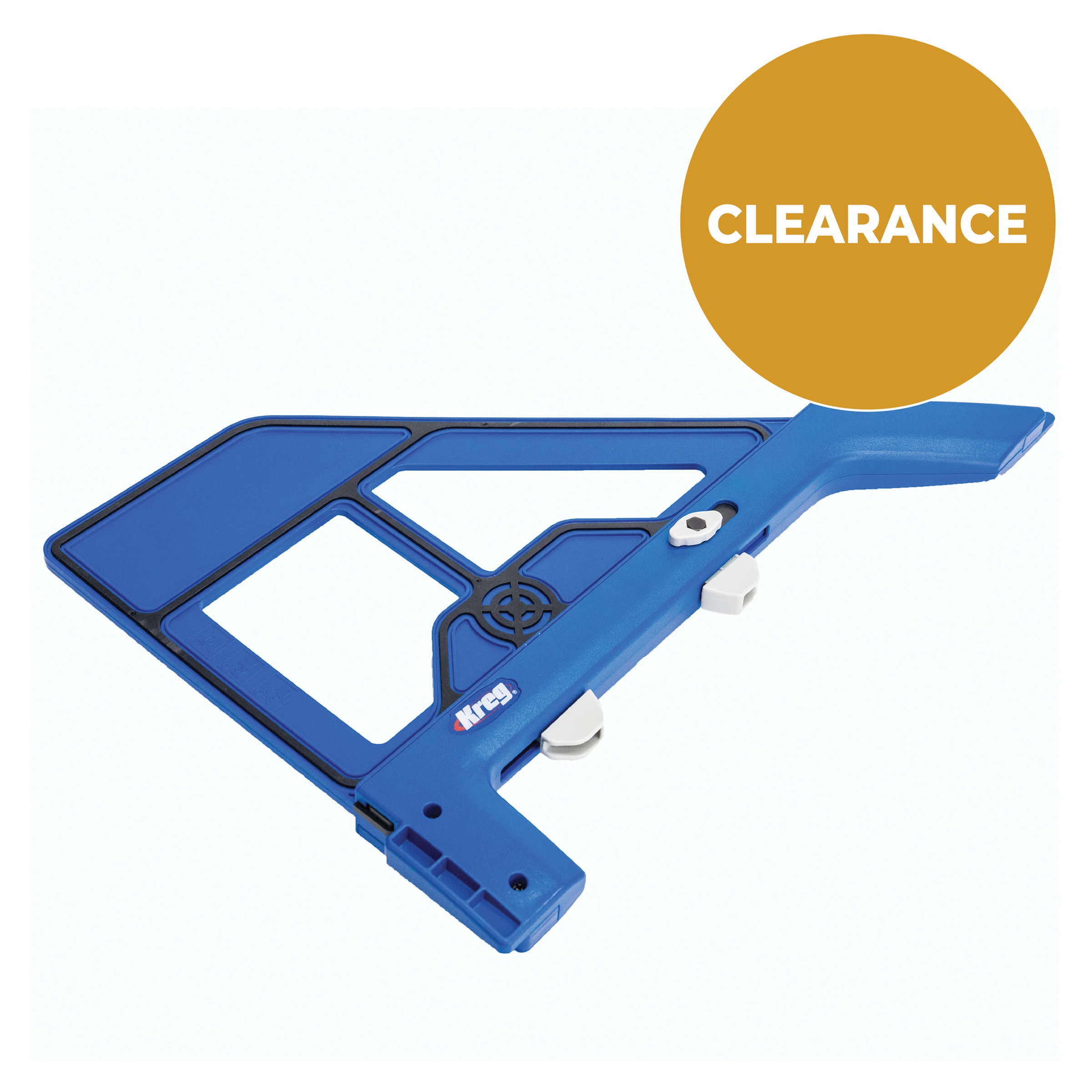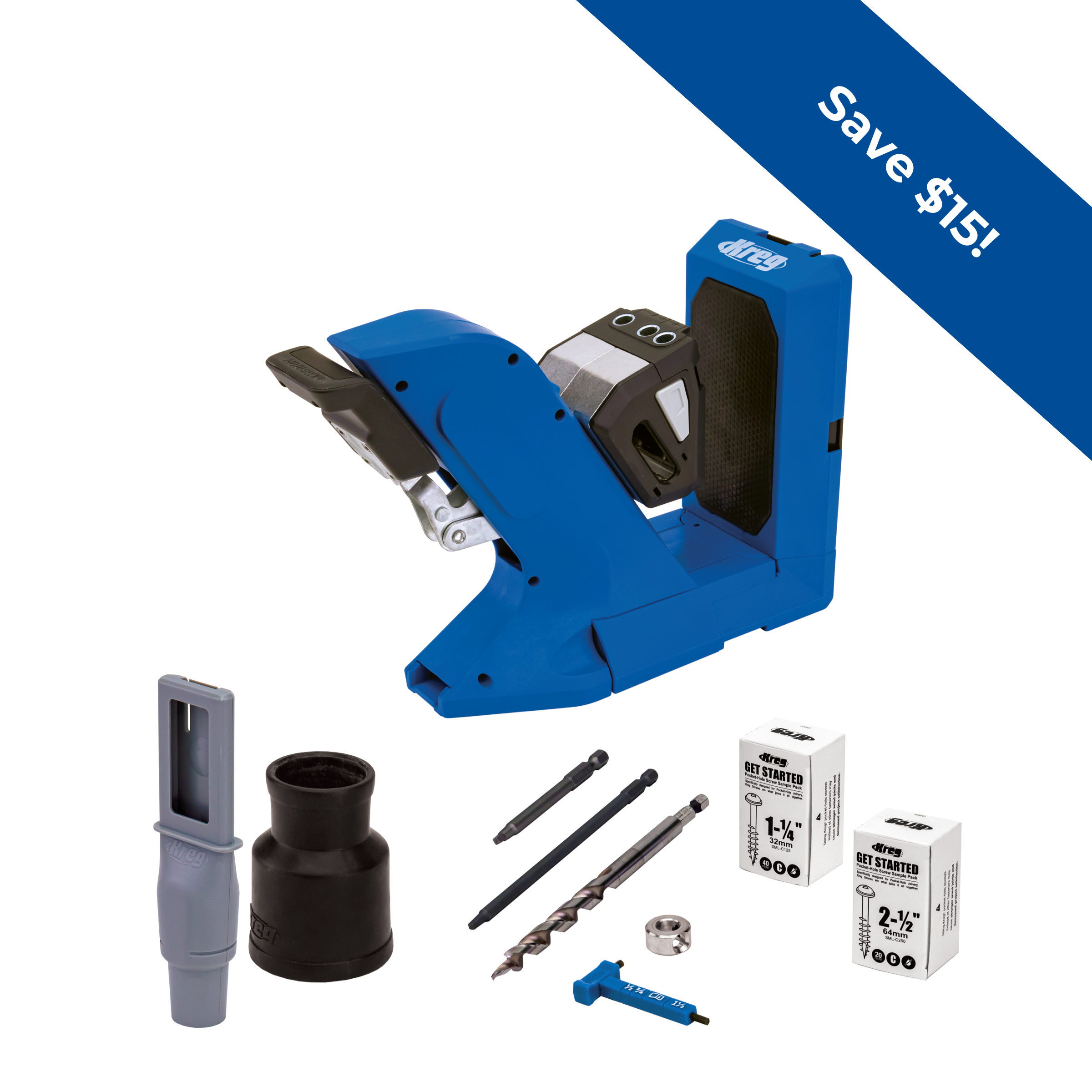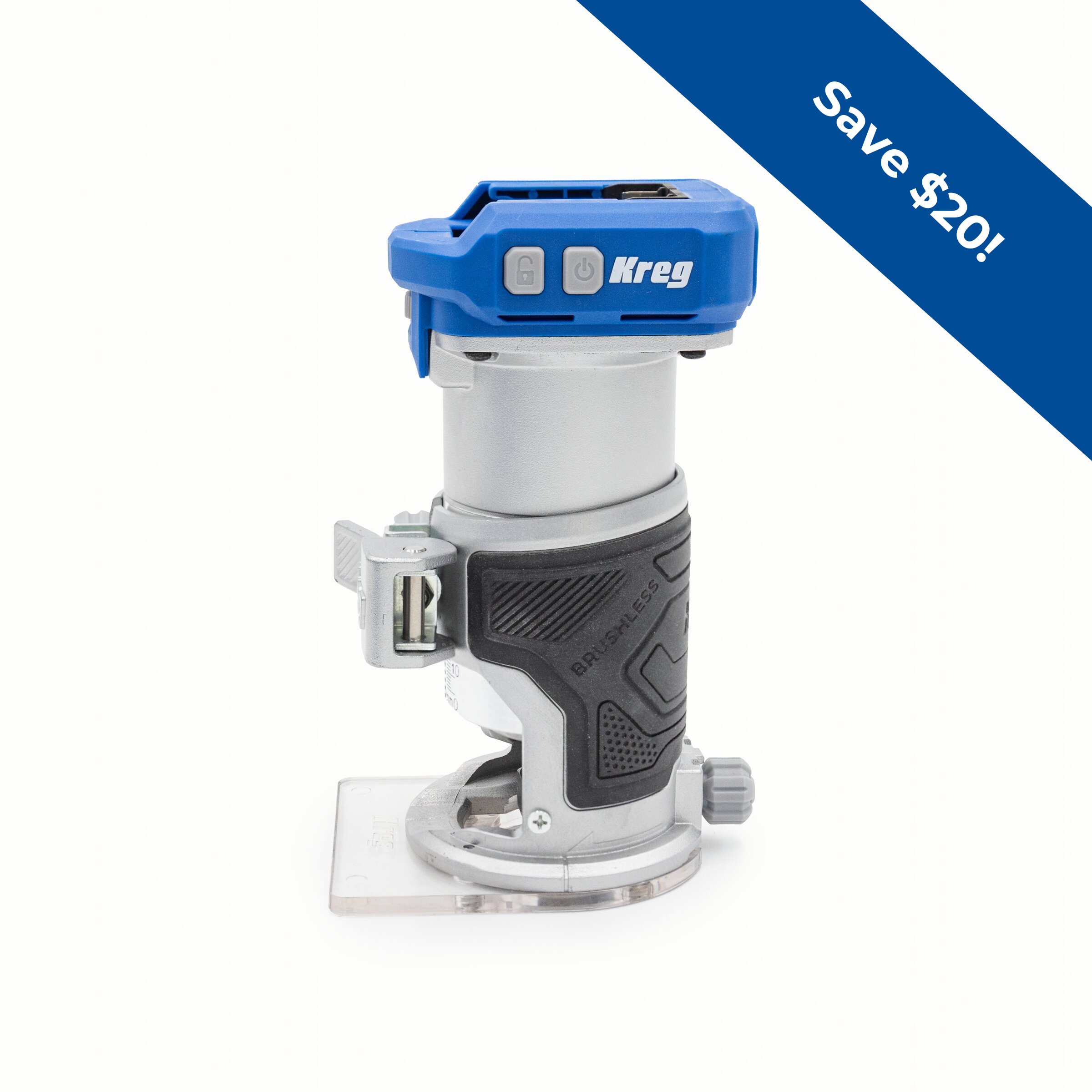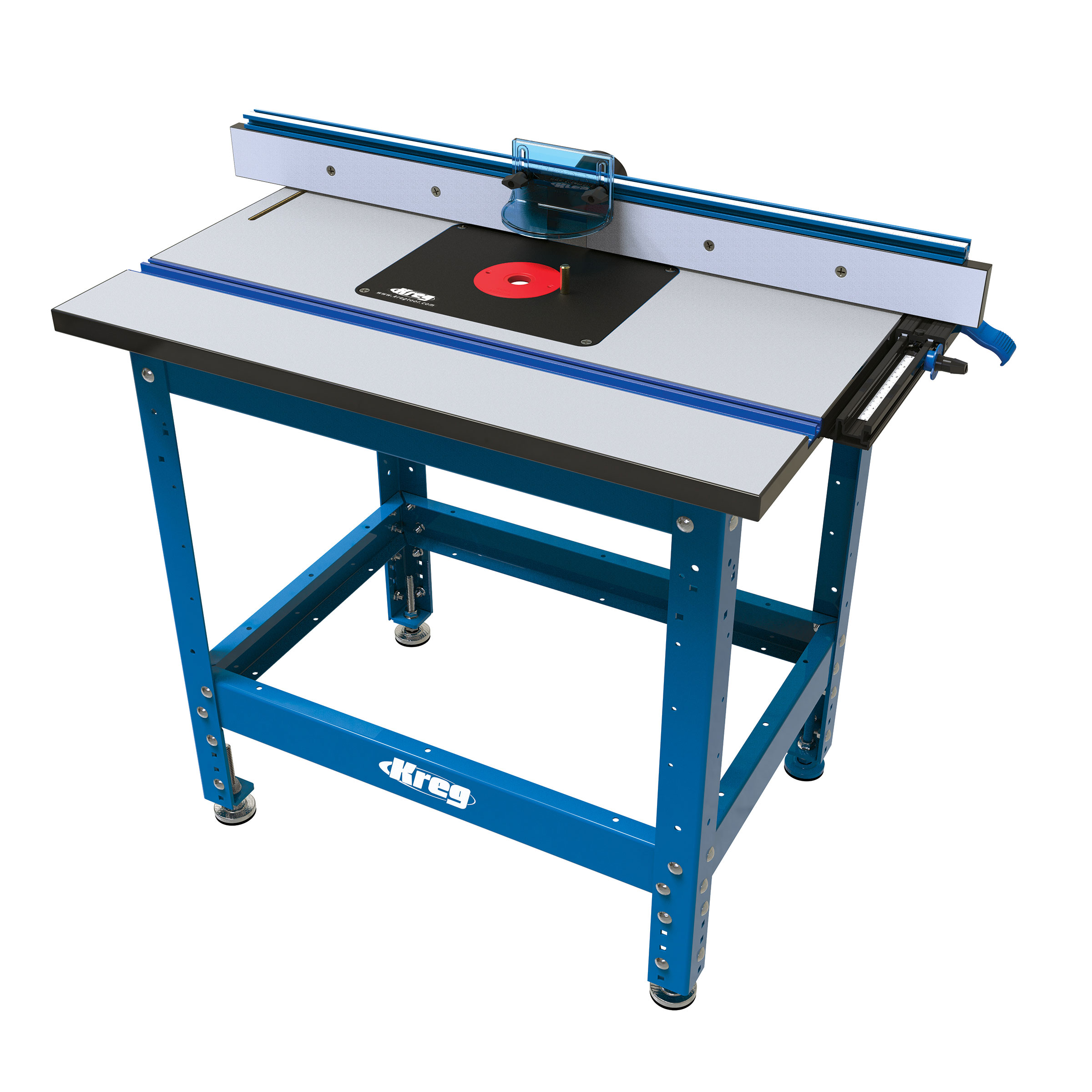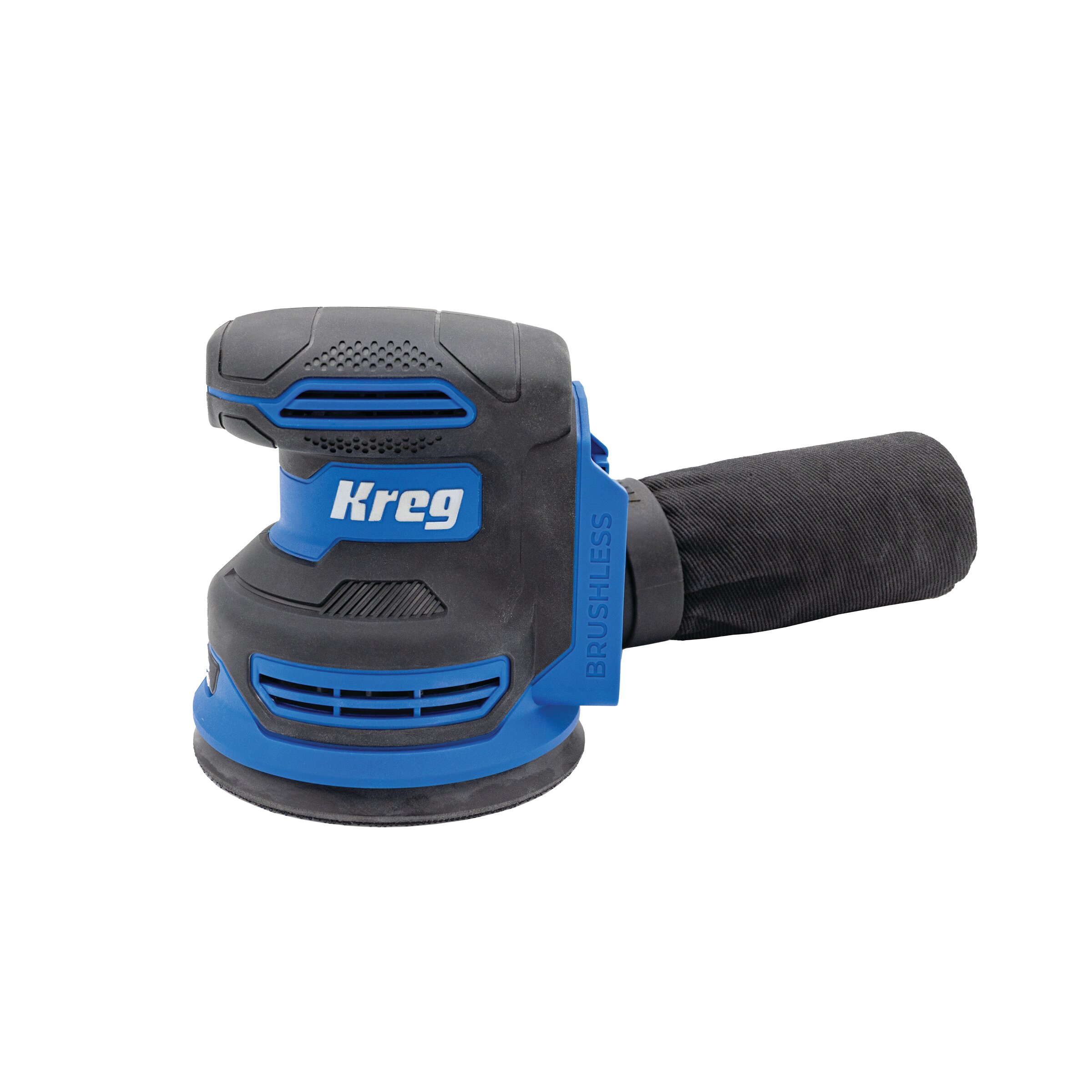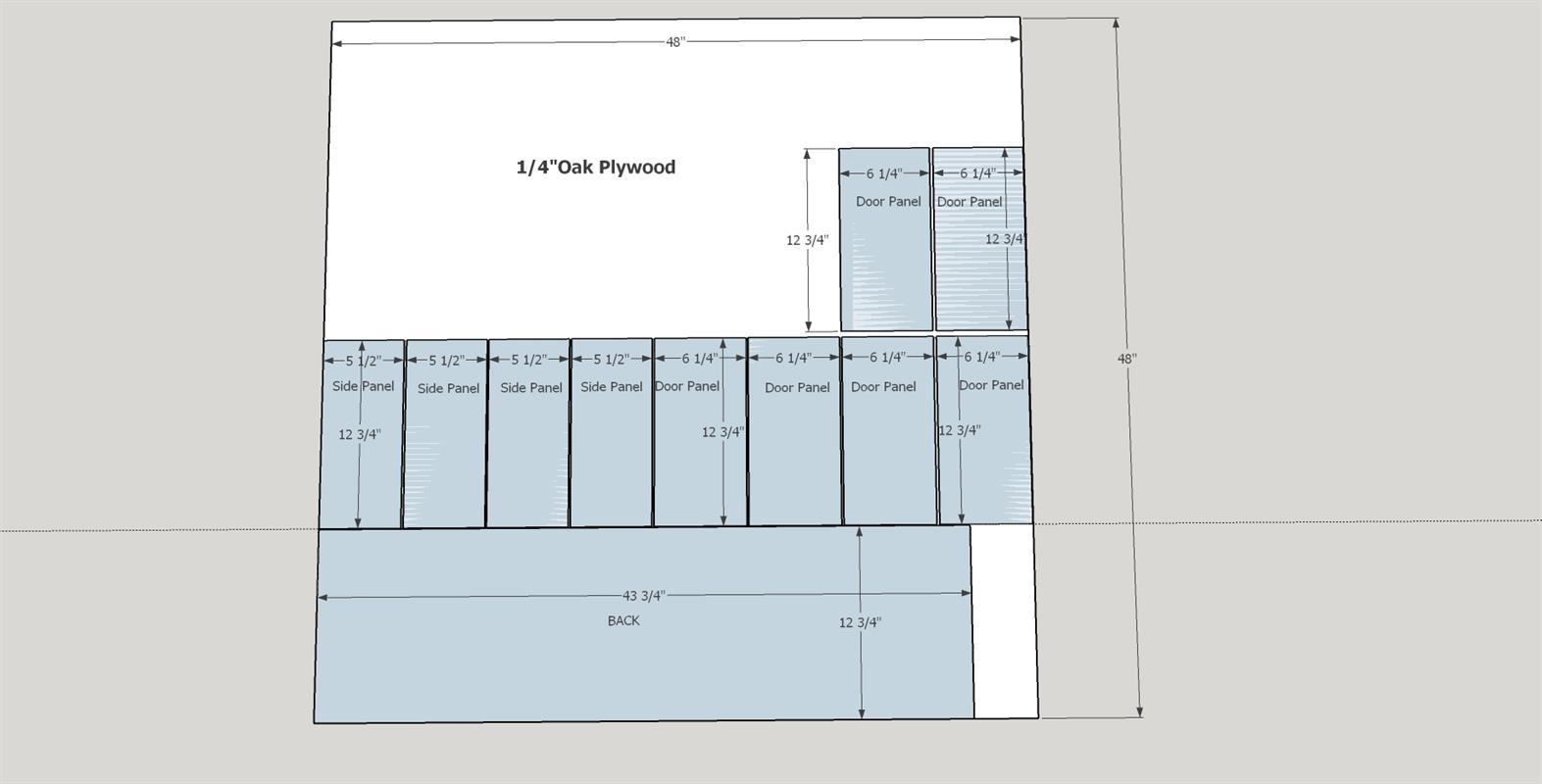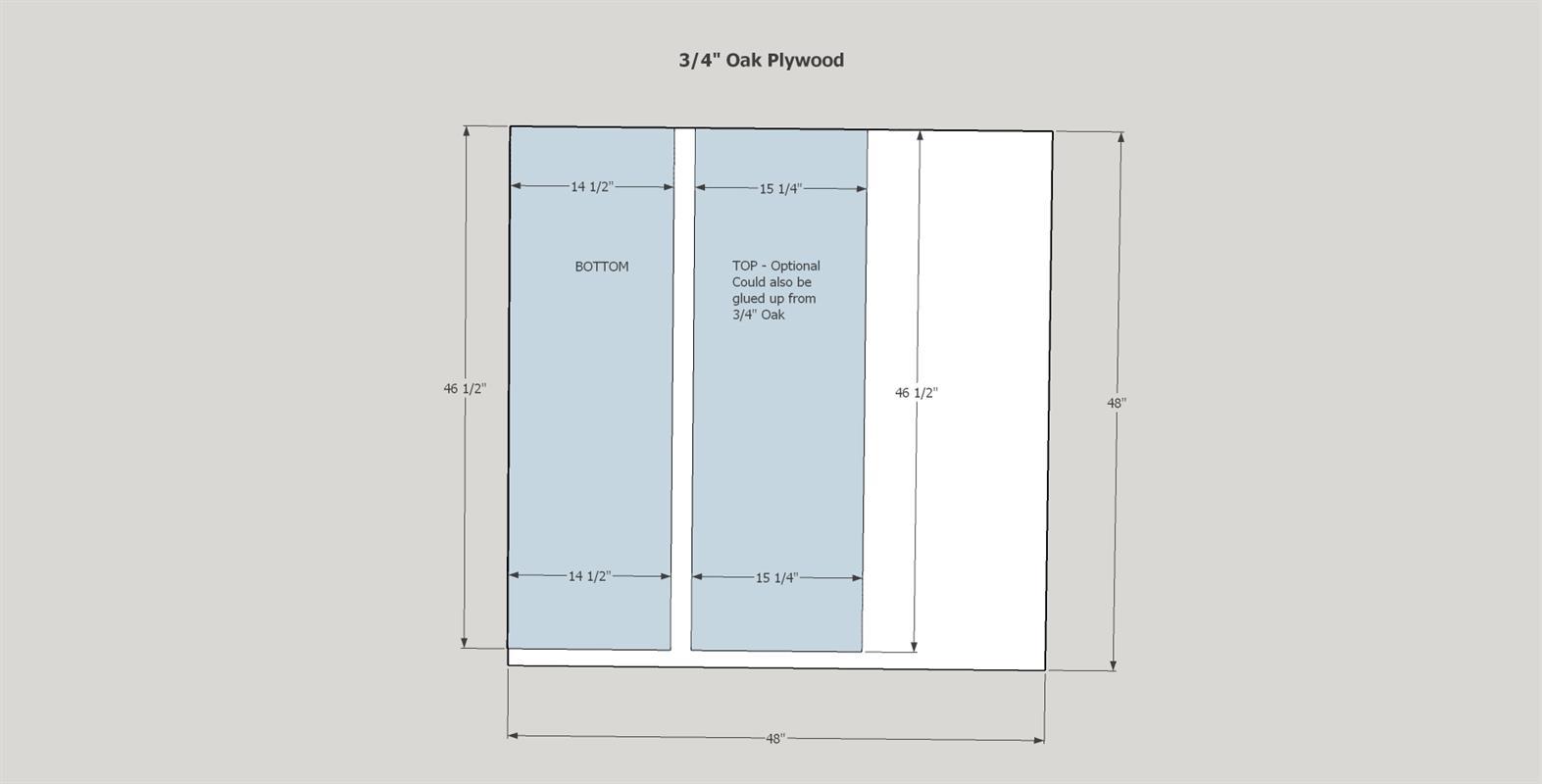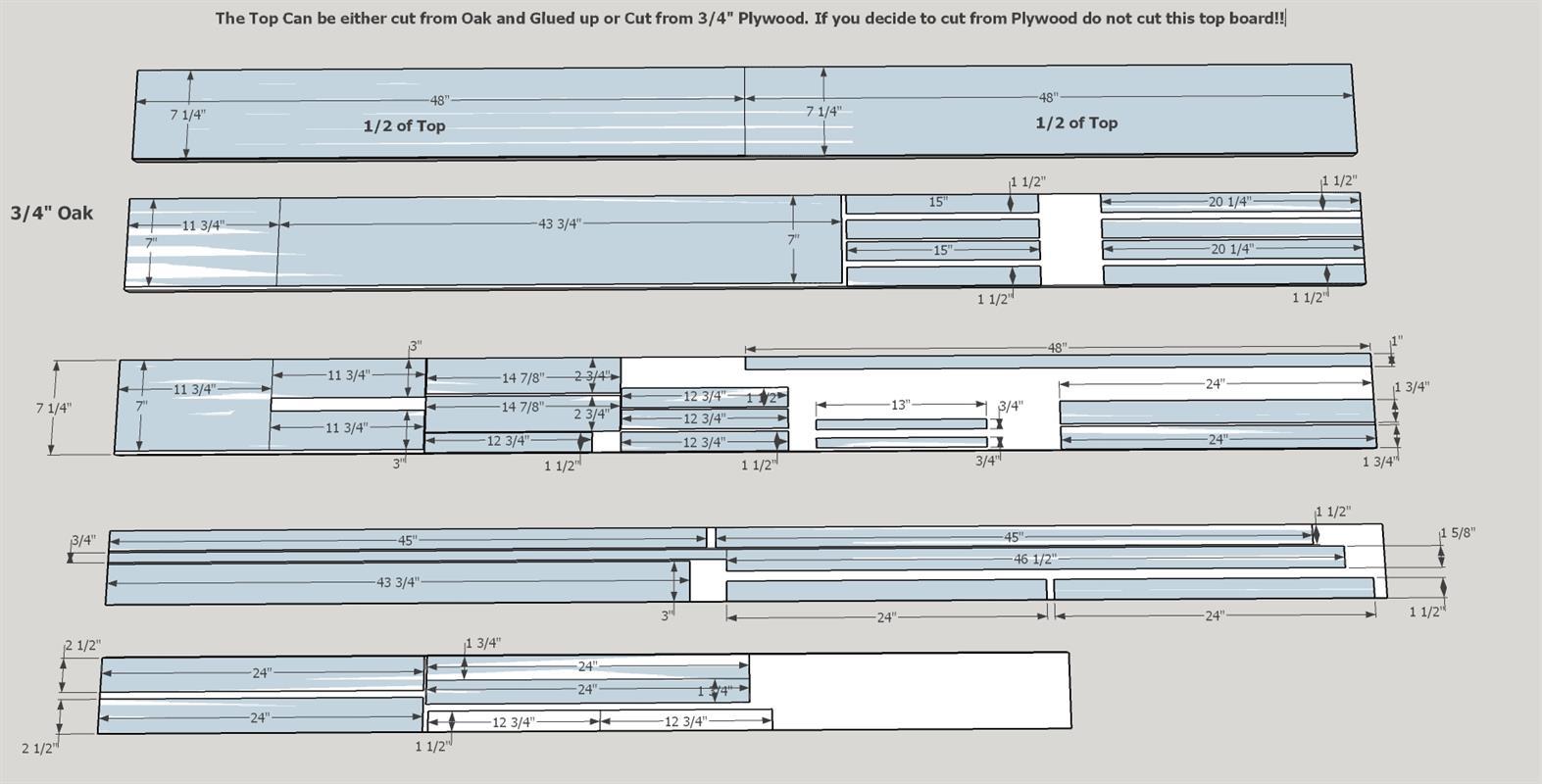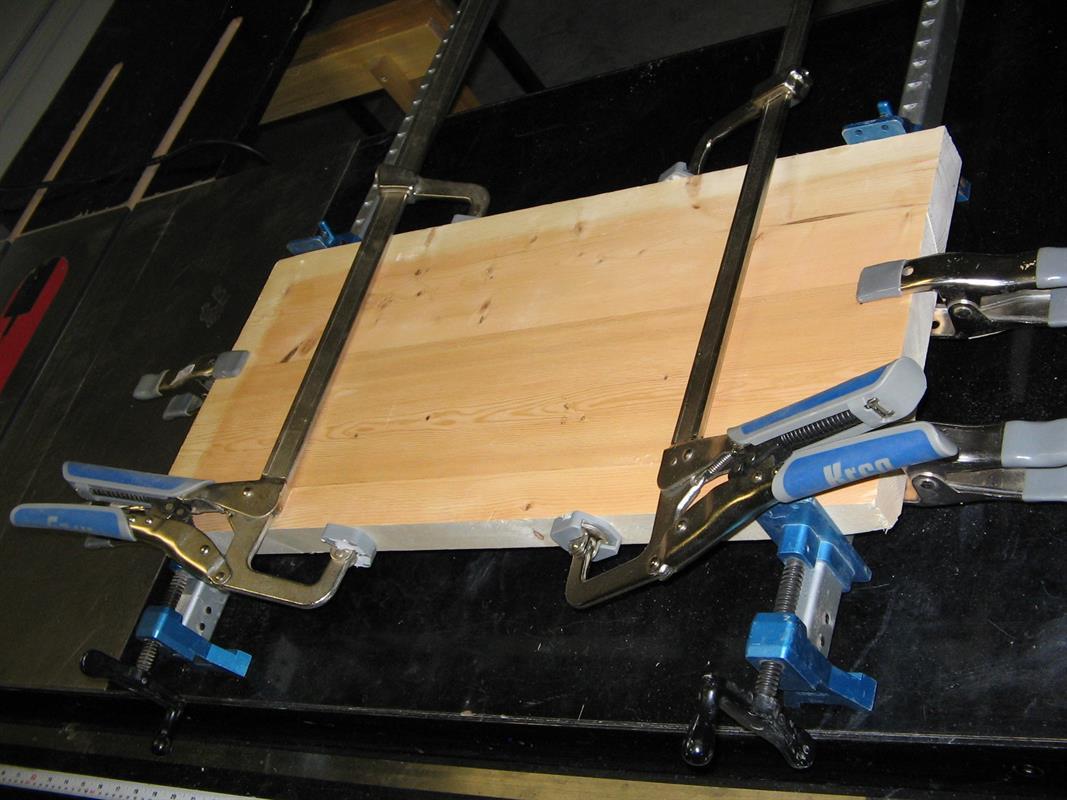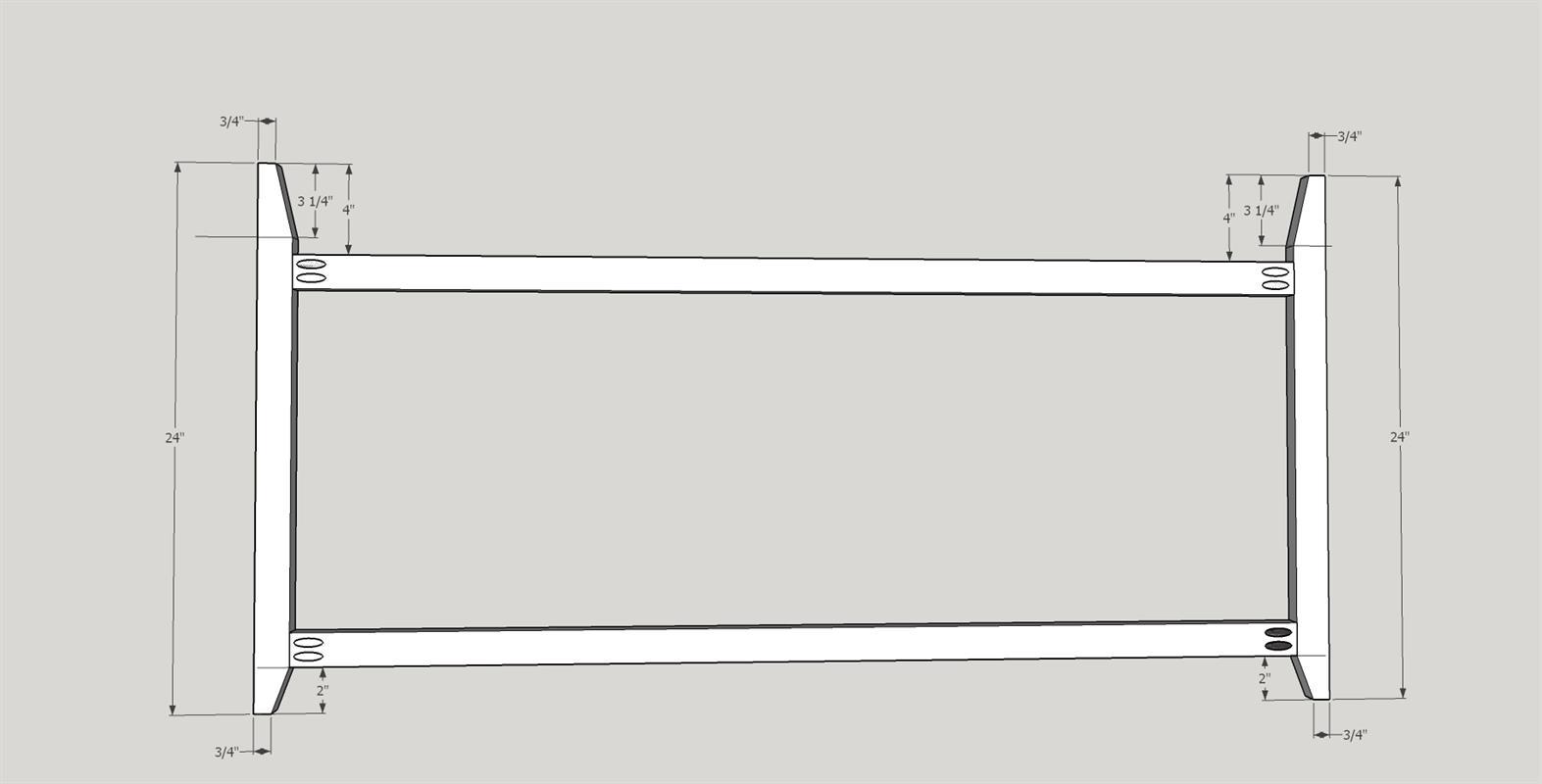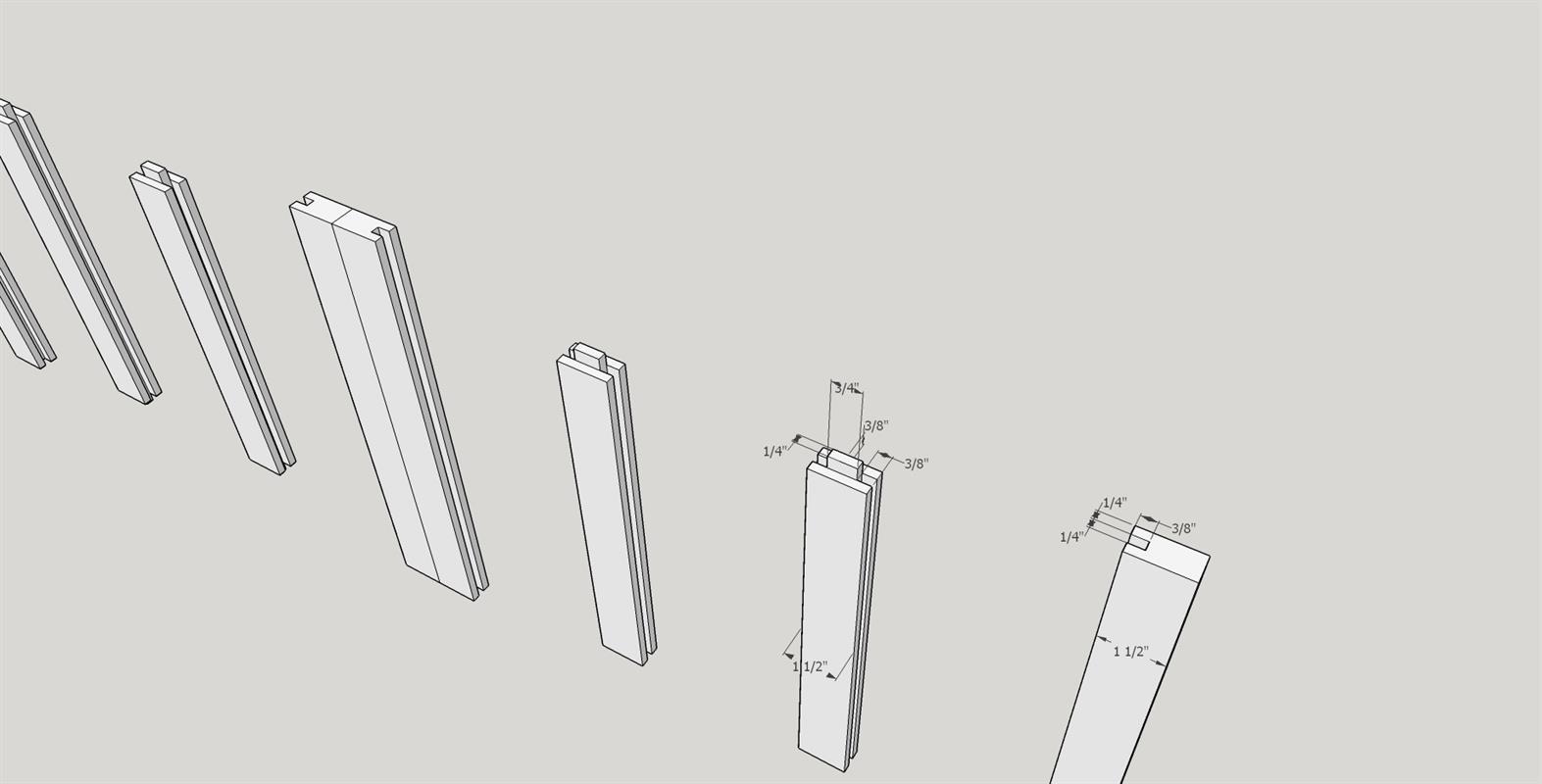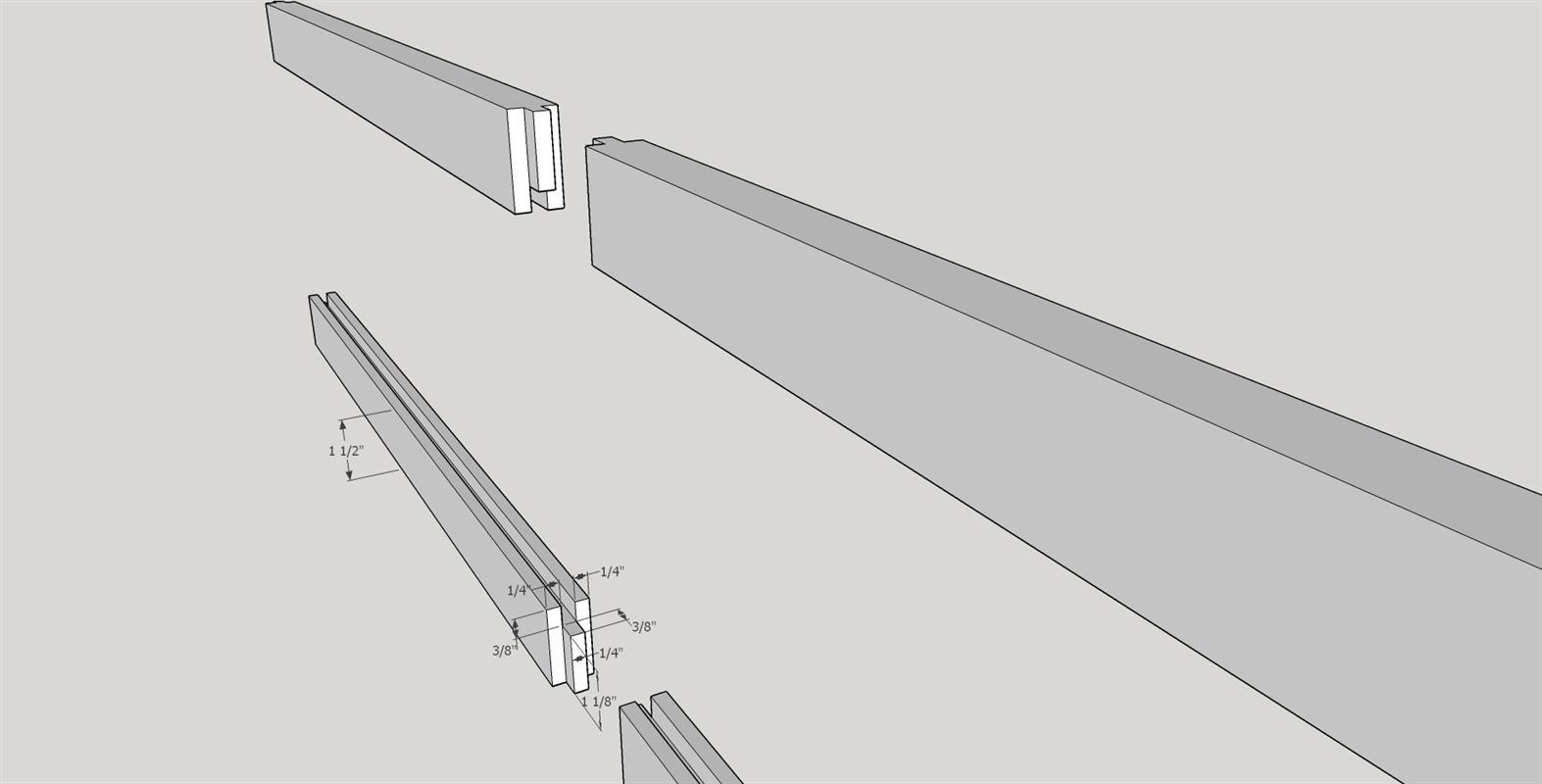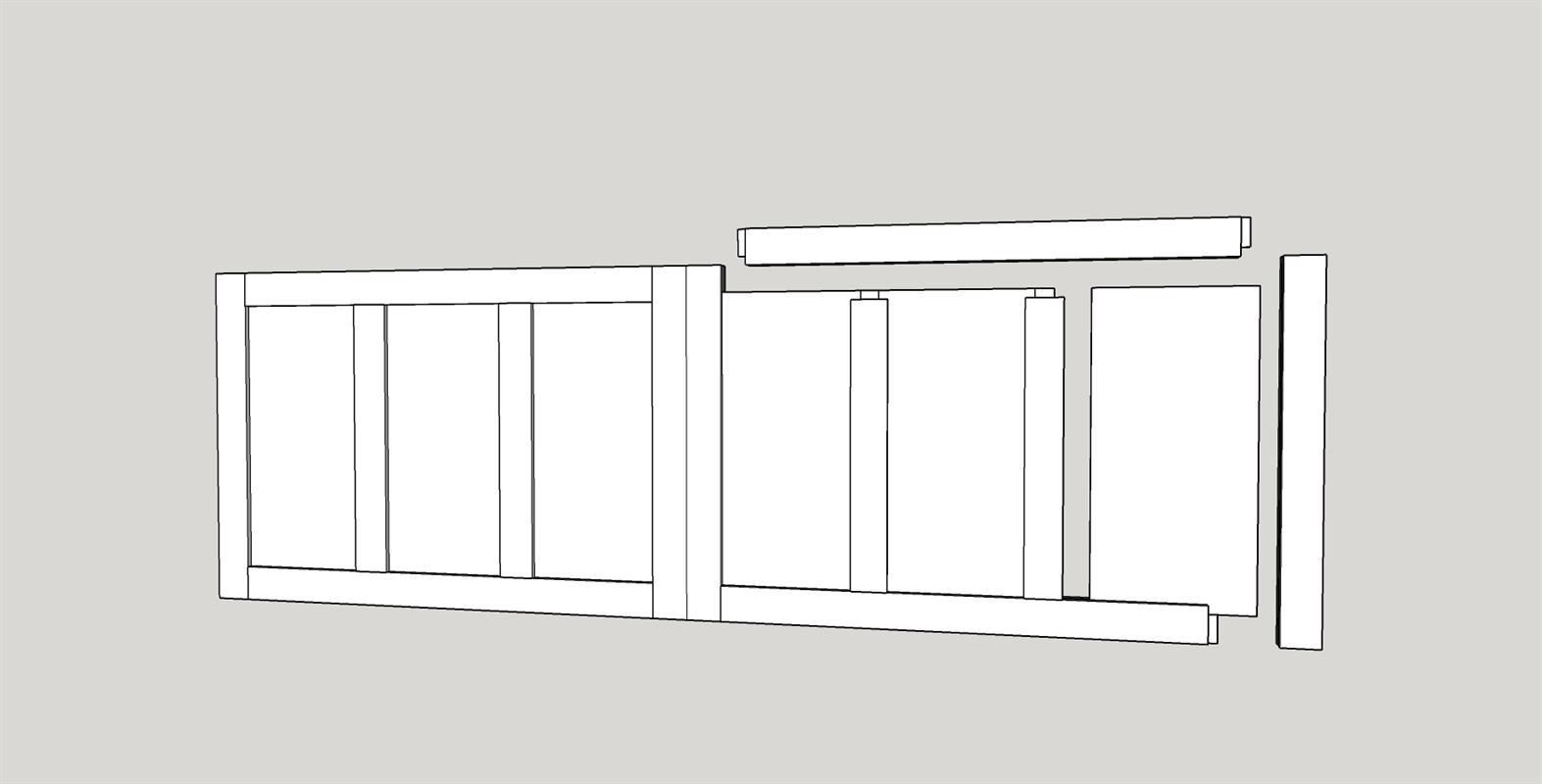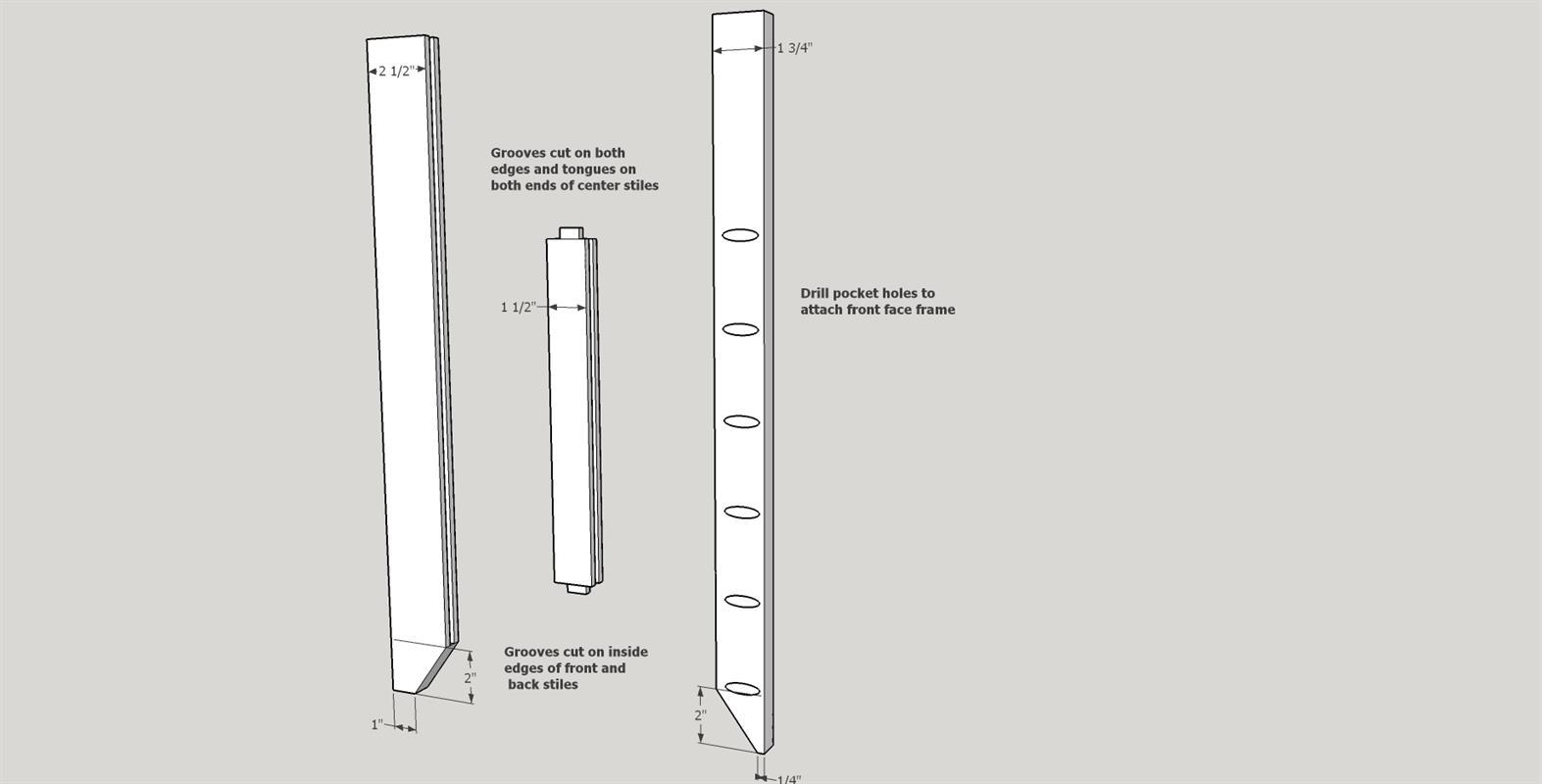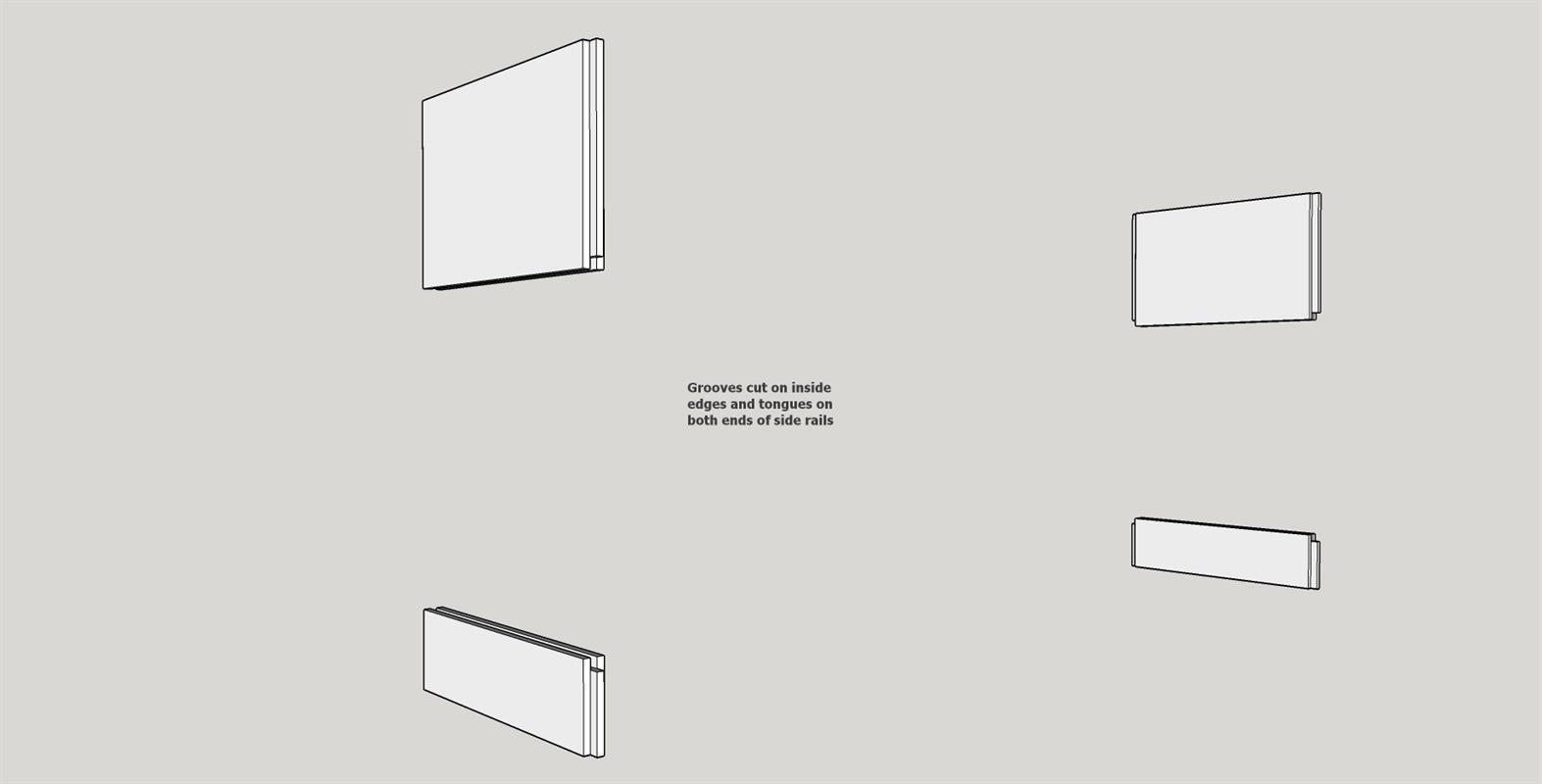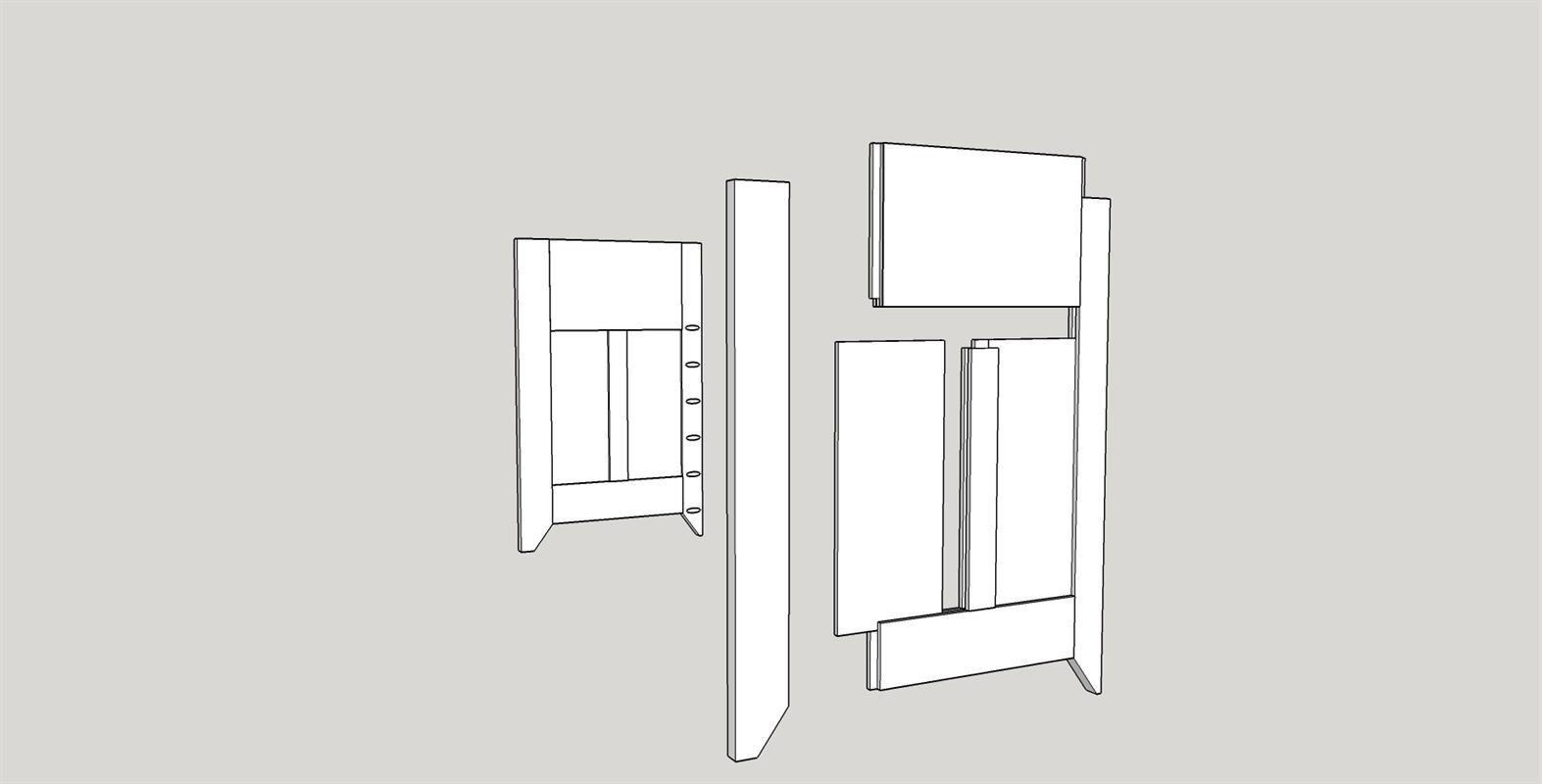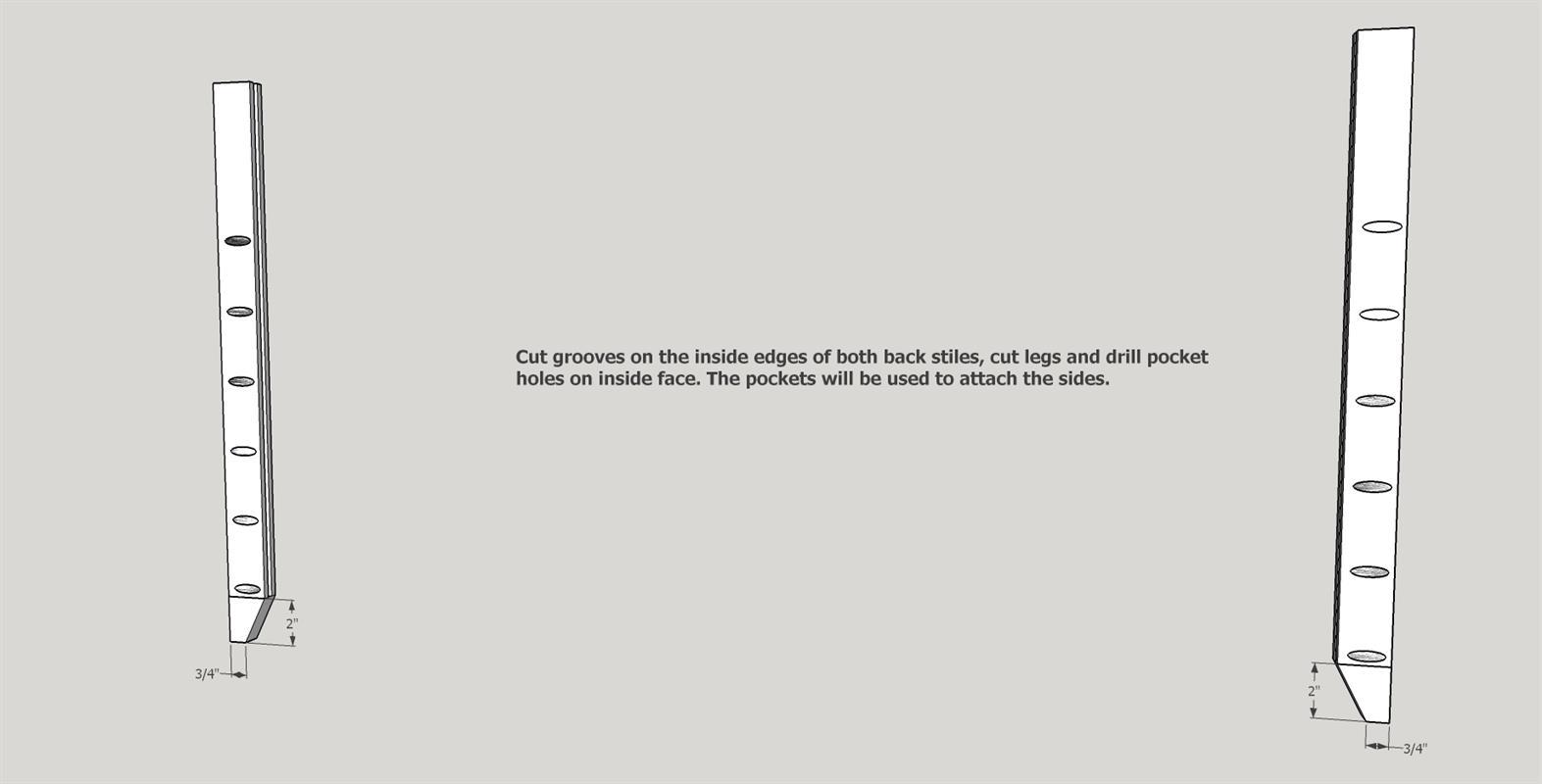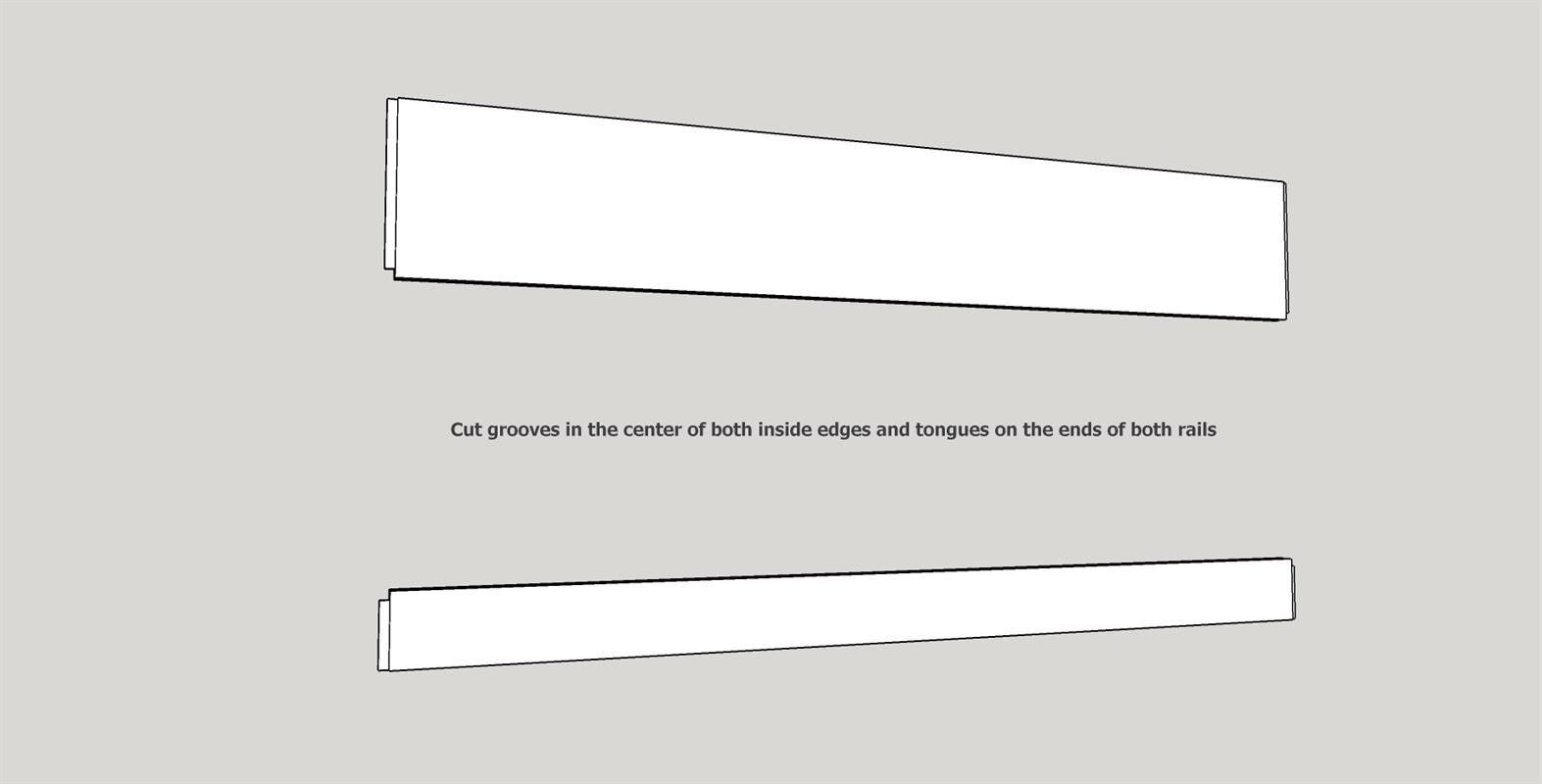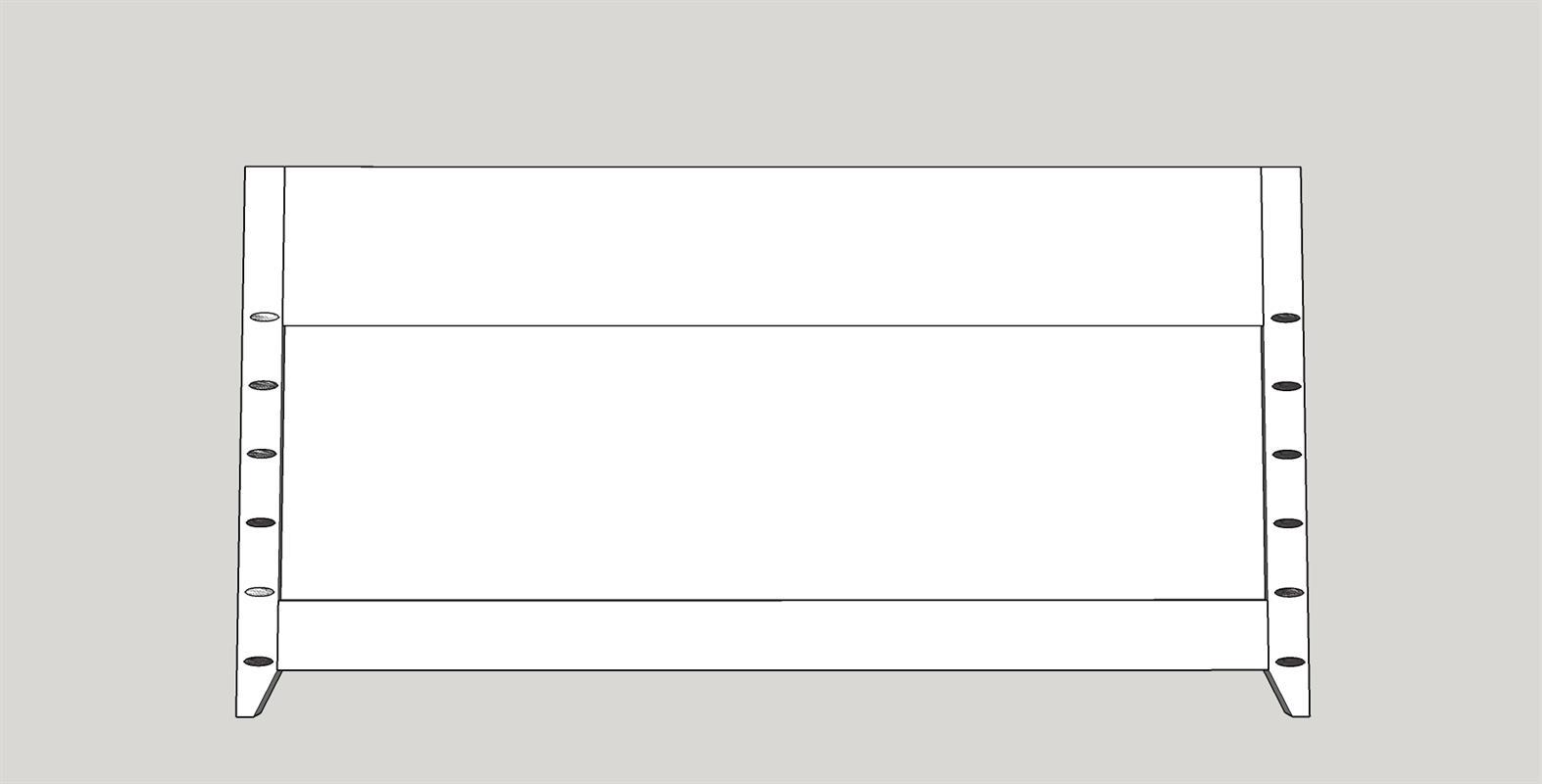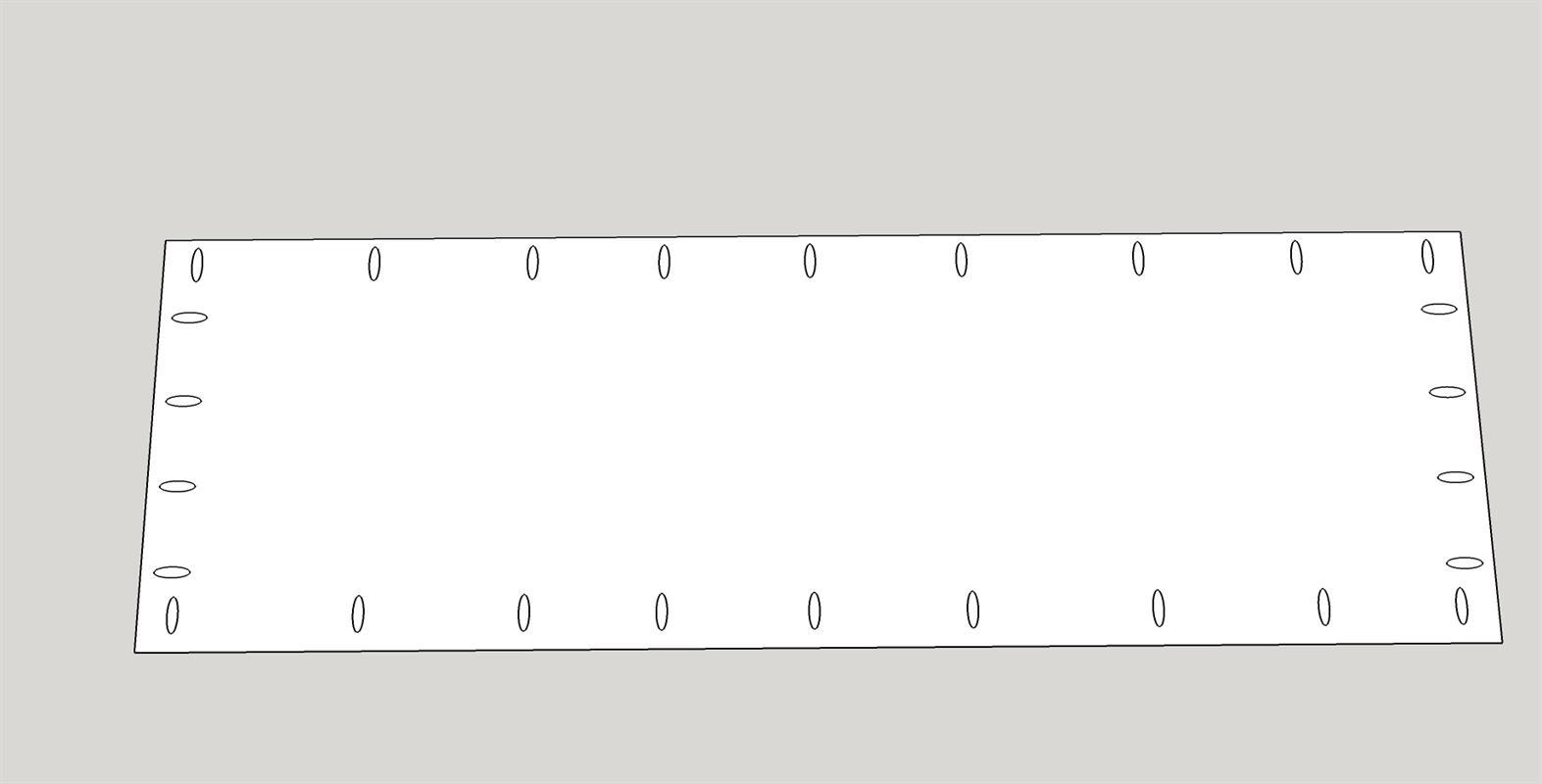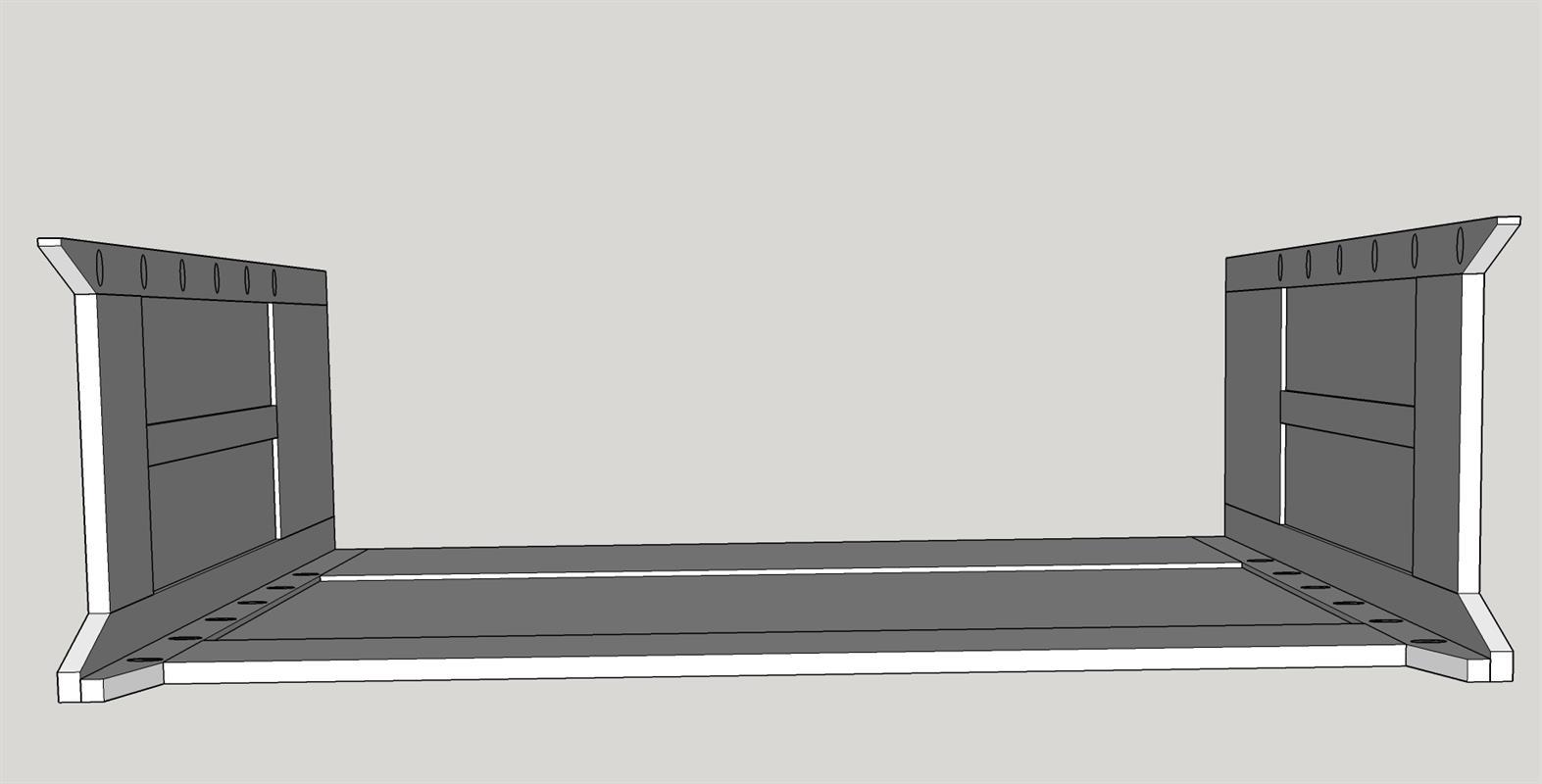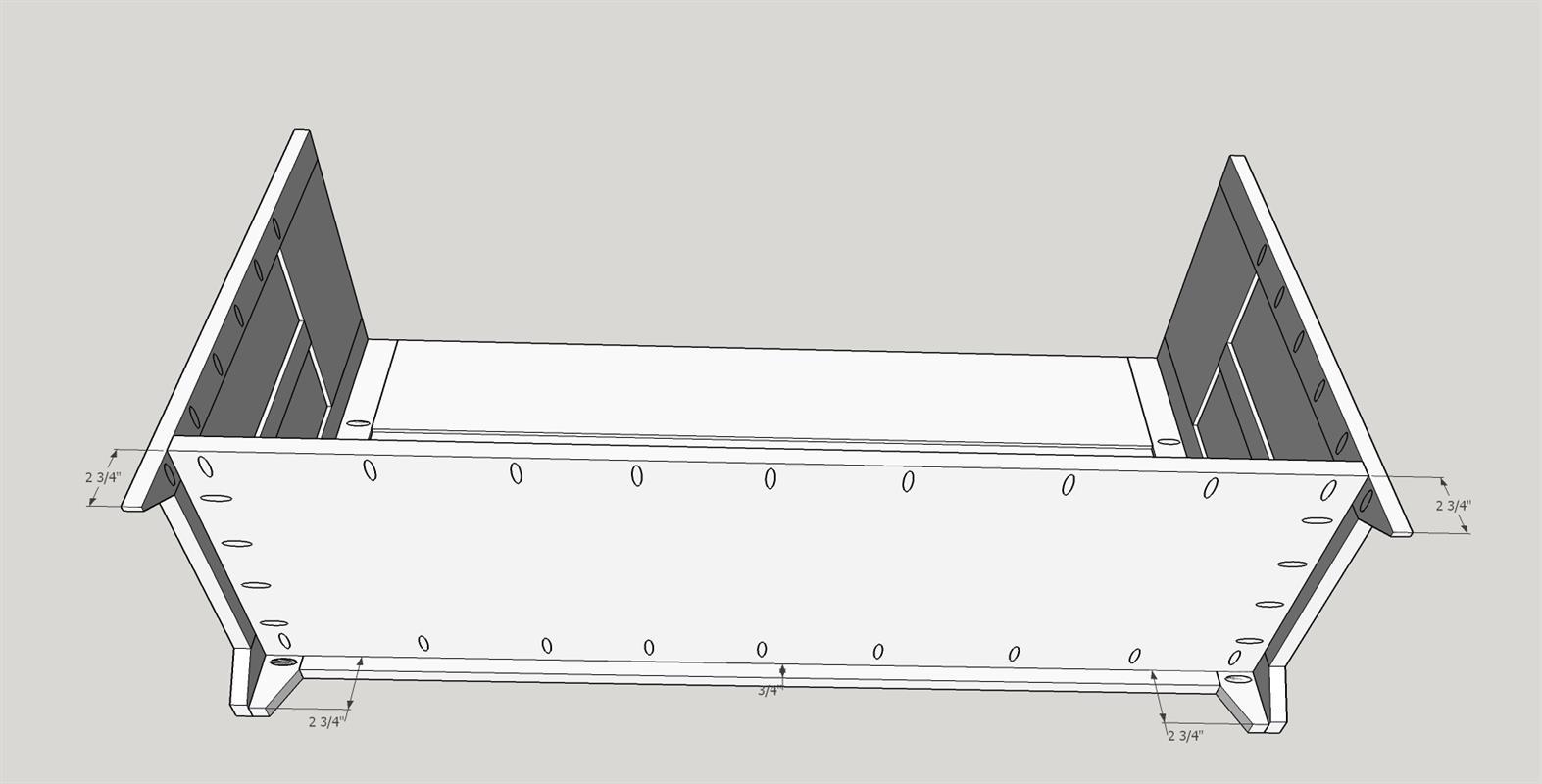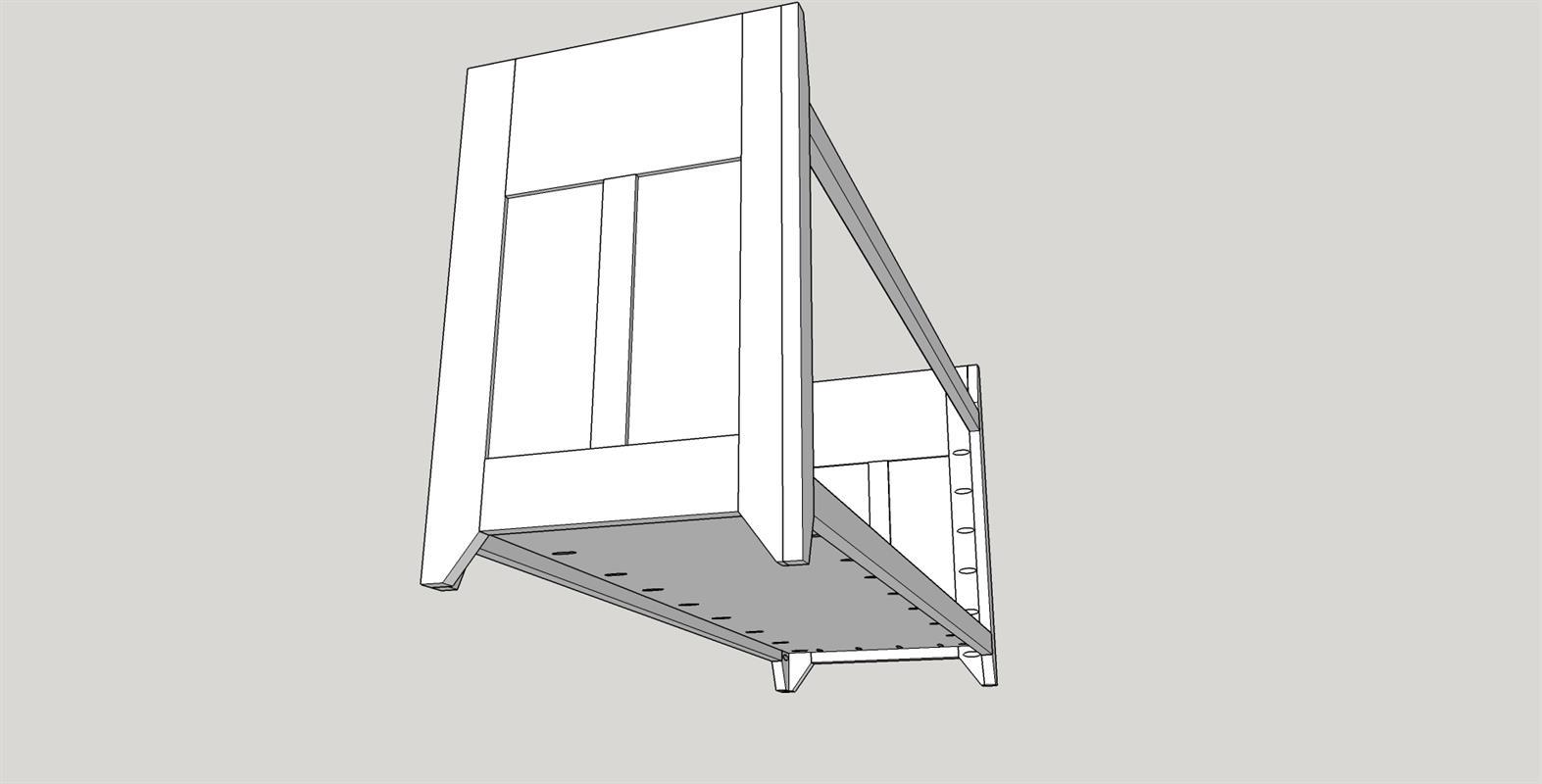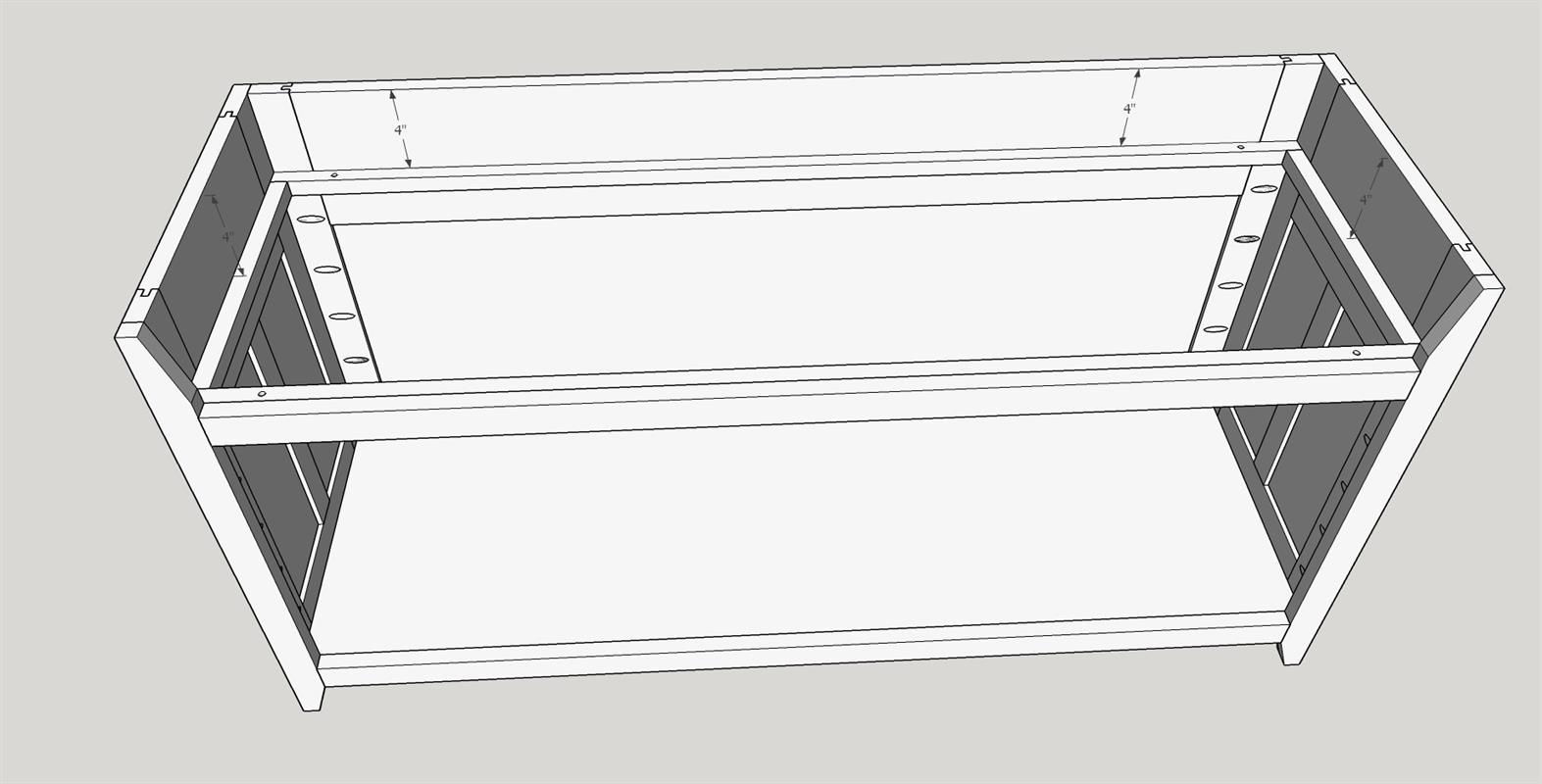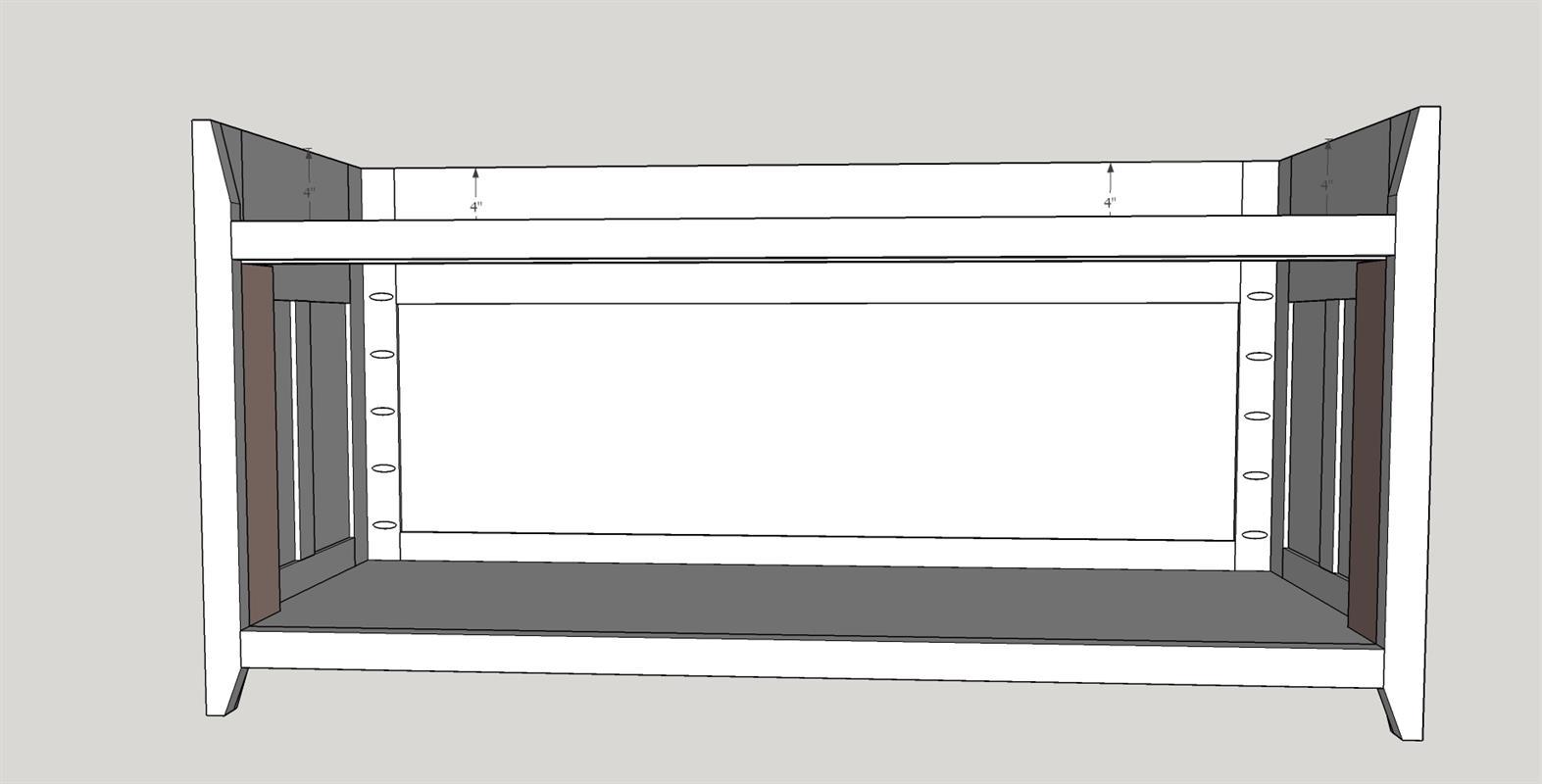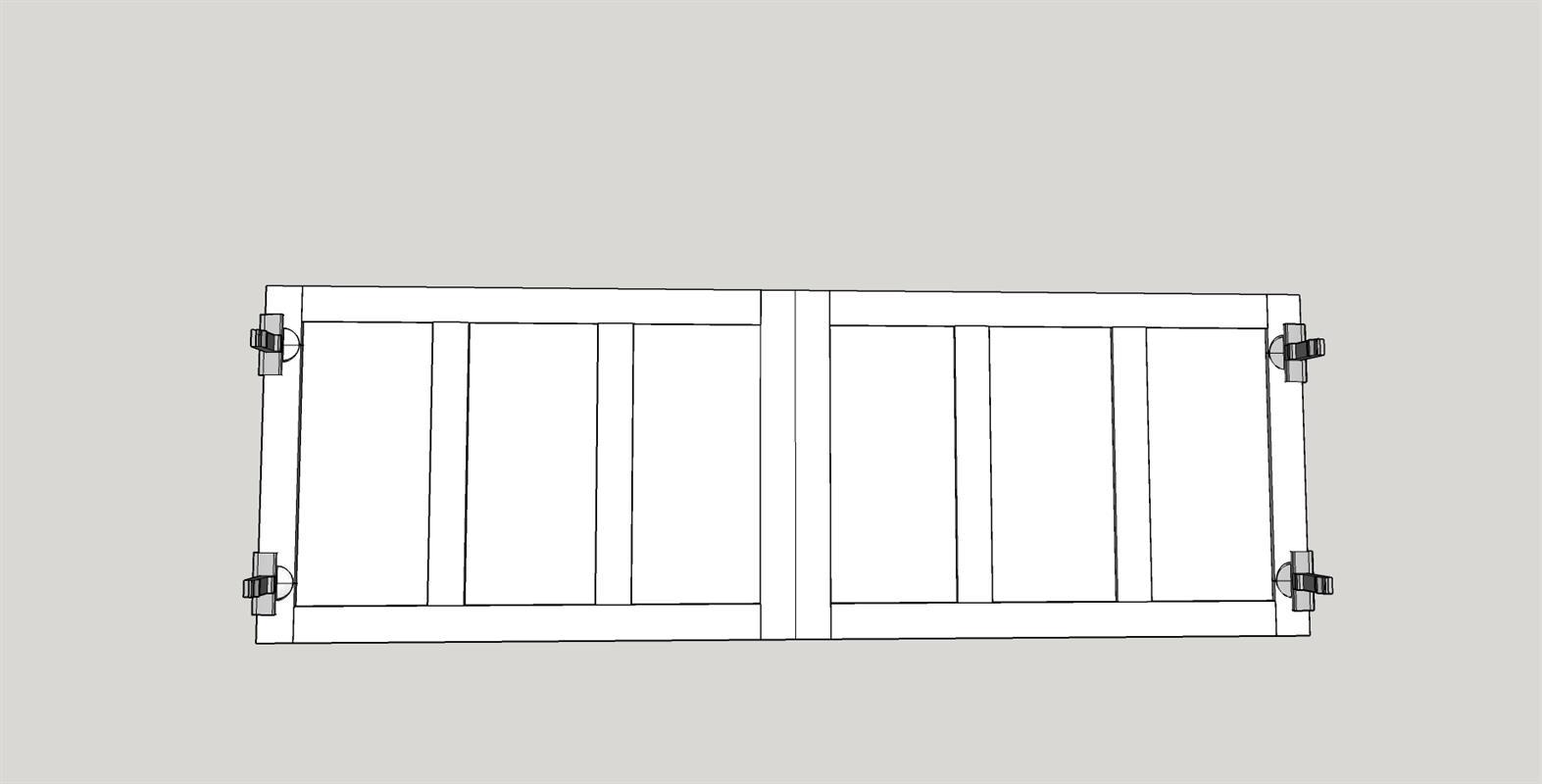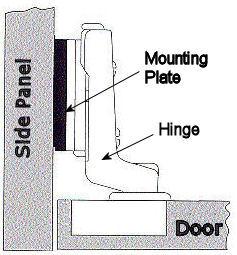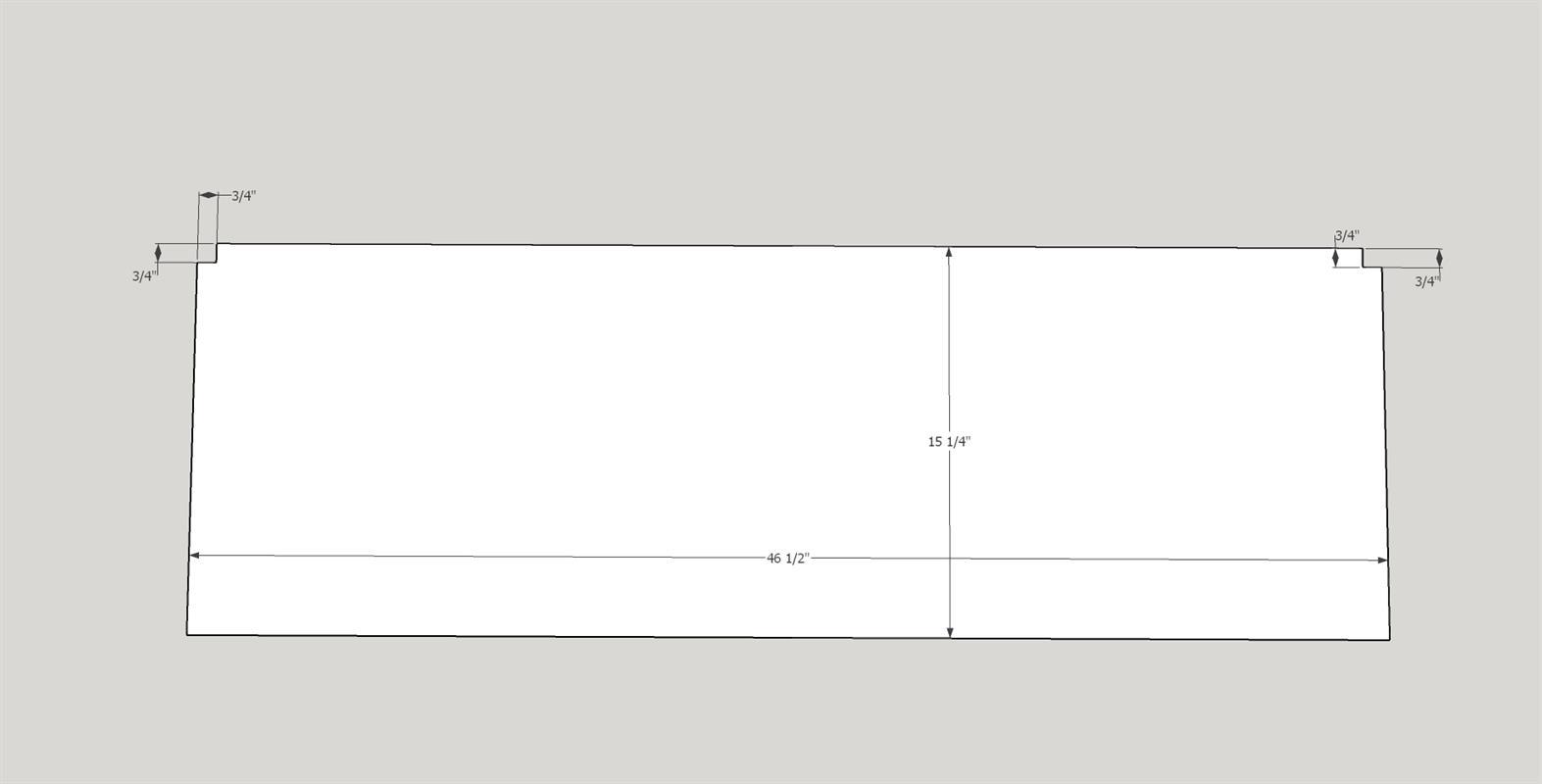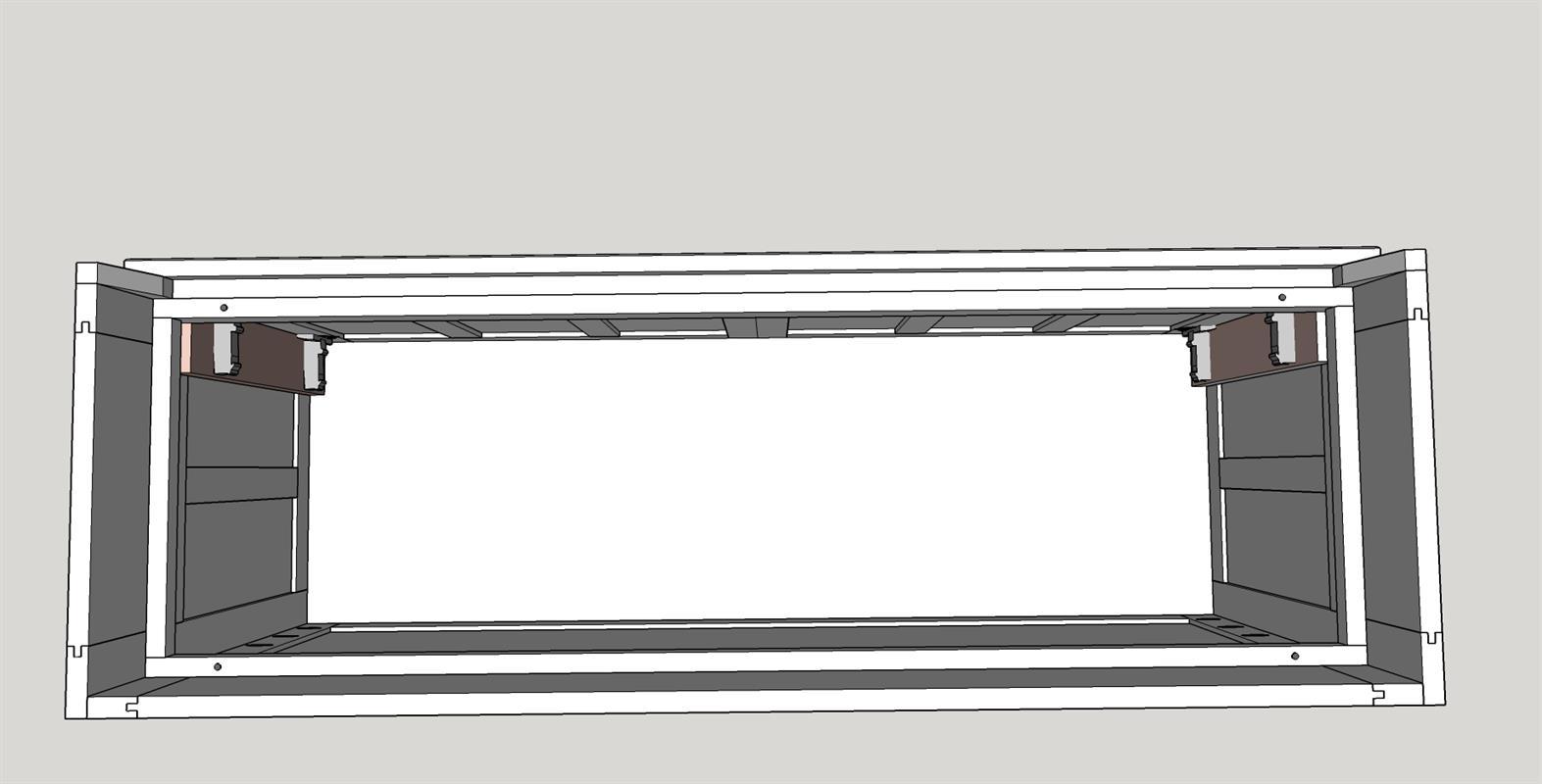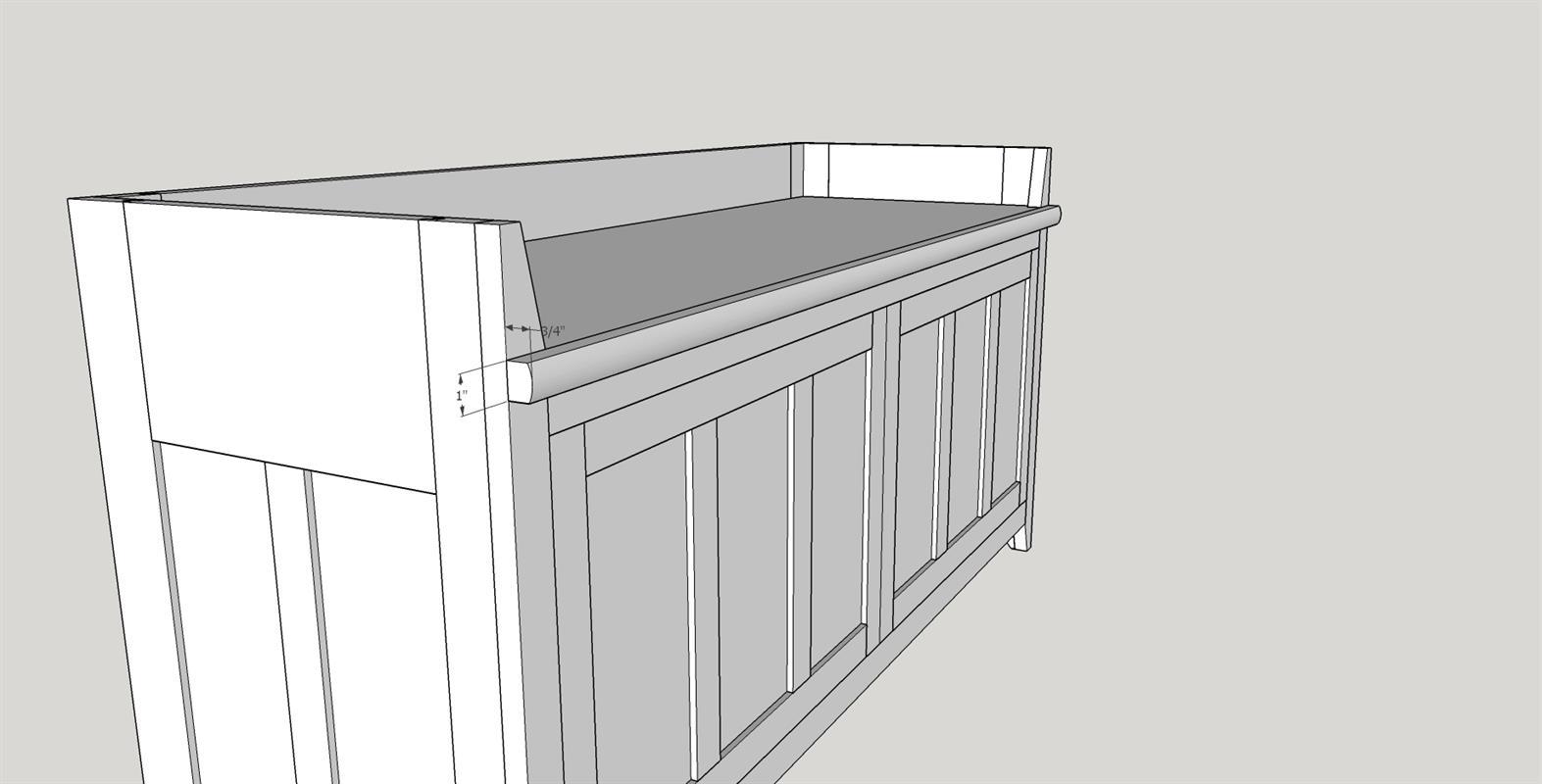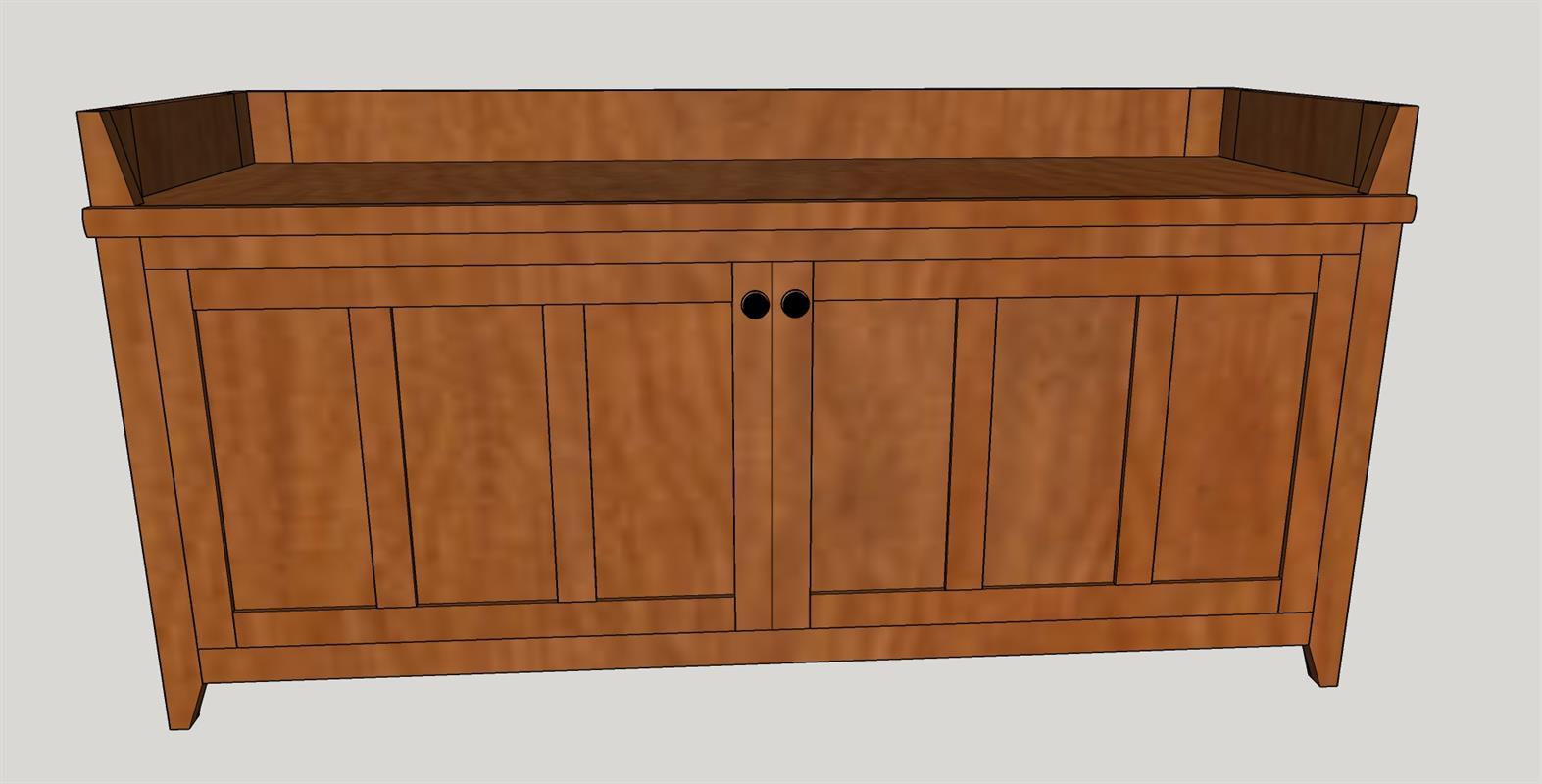Craftsman Style Storage Bench
By fcbeckerCraftsman style storage bench. Built with red oak, this bench makes a beautiful addition to any bedroom. Store your extra pillows, blankets, comforters etc. This simple yet elegant design will become a family heirloom.
Directions
-
Introduction
Please be sure to read through complete instructions before you begin any work on this project. Also keep in mind that plywood may be slightly thinner than its stated thickness. So some minor adjustments to plans may be required. Another good practice to use is, after the original carcass is assembled, cut to fit all additional pieces that are needed. While every effort was made to make the cut dimensions listed as accurate as possible, cutting to fit will adjust for any slight discrepancies in your assembly.
-
Cut 1/4" Oak plywood
Cut the bench side panels, door panels, and back panel from the 1/4" oak plywood sheet. Use 100 - 150 grit sandpaper to smooth the parts.
-
Cut 3/4" Oak plywood
Cut the Bench Bottom from 3/4" Oak Plywood. Cut the Bench Top from either 3/4" Oak Plywood or 3/4" Oak boards and do an edge glue up, your choice. THE CUT PLANS AND MATERIALS LIST SHOW BOTH...DO NOT CUT BOTH...CHOOSE ONE OR THE OTHER. IF you do the Oak boards you only need 1/4 sheet of 3/4" plywood. Use 100 - 150 grit sandpaper to smooth the parts.
-
Cut 3/4" Oak
Using the dimensions in the following diagram cut the pieces required for assembly. Please note that if you decide to cut the top from boards it will require glueing up. The top can be made from either 3/4" Plywood or one of the 1X8X96" boards. THE CUT PLANS AND MATERIALS LIST SHOW BOTH...DO NOT CUT BOTH...CHOOSE ONE OR THE OTHER. If edge glued, the rough top will be larger than the finished top. That is OK as we will eventually cut it to size. Use 100 - 150 grit sandpaper. If you cut the top from 3/4" plywood you will need one fewer 1X8X96" board.
-
Edge glueing
If you used Plywood for the Bench Top skip this step. Edge glue the boards labeled 1/2 of top in step 4. If you are uncomfortable doing this I have attached one site with good information on the process. Please feel free to look at other sites. I normally use my Jet jointer to square and flatten the edges. Lay out the boards to provide the best looking grain. Use multiple clamps to bring the boards together. Make sure that the edges fit together well. Release the clamps and spread Titebond I wood glue along all of the edges to be joined. Avoid using excess glue. Realign the boards and clamp snugly. A picture of a typical clamp up follows.
-
Preparing the front frame
Mark the top and leg cuts on the two outer front stiles. Use a band saw or jig saw to make the cuts. Keep in mind that you will be cutting a left and right side...so keep the best looking side out on both. Using a Kreg Pocket Hole Jig, set to 3/4" for this project, drill holes in both ends of the front rails. Assemble using 1 1/4" Kreg fine pocket screws and glue.
-
Preparing the door stiles
Use a Freud (99-036) Adjustable Tongue and Groove Bit set mounted in a Kreg router table to cut the tongues and grooves. The groove cutter bit is adjusted to cut 1/4" X 3/8" grooves in the center of the inside edges of the outer door stiles as well as in both edges of the inner stiles. Then use the tongue cutter bit adjusted to cut 1/4" X 3/8" tongues on both ends of the inner stiles. Alternatively the grooves and tongues can be cut on a table saw.
-
Preparing the door rails
Use a Freud (99-036) Adjustable Tongue and Groove Bit set mounted in a Kreg router table to cut the tongues and grooves in the four rails. Use the groove cutter bit adjusted to cut 1/4" X 3/8" grooves in the center of the rails inside edges. Then use the tongue cutter bit adjusted to cut 1/4" X 3/8" tongues on both ends of the rails. Alternatively the grooves and tongues can be cut on a table saw.
-
Assemble the doors
Using two door rails, two outer door stiles, two inner door stiles and three door panels assemble the door. Place wood glue at each corner where the door rail tongues meet the door stiles, on the inner door stile tongues and along the outer edge of the door panels. Clamp in place ...make sure the doors are square and if necessary readjust and re-clamp. Repeat this process for the second door.
-
Preparing the side stiles
Use a Freud (99-036) Adjustable Tongue and Groove Bit set mounted in a Kreg router table to cut the tongues and grooves. The groove cutter bit is adjusted to cut 1/4" X 3/8" grooves in the center of the inside edges of the front and rear stiles as well as in both edges of the center stile. Use the tongue cutter bit adjusted to cut 1/4" X 3/8" tongues on both ends of the center stiles. Alternatively the grooves and tongues can be cut on a table saw. Now mark the legs on the front and back stiles. Using a band saw or jig saw cut the legs. Use Kreg Pocket Hole Jig to drill holes in the front rails as shown. Be careful there is a left and right side.
-
Preparing the side rails
Use a Freud (99-036) Adjustable Tongue and Groove Bit set mounted in a Kreg router table to cut the tongues and grooves in the four rails. Use the groove cutter bit adjusted to cut 1/4" X 3/8" grooves in the center of the rails inside edges. Then use the tongue cutter bit adjusted to cut 1/4" X 3/8" tongues on both ends of the rails. Alternatively the grooves and tongues can be cut on a table saw.
-
Assemble the sides
Using a side rear stile, a side center stile, a side front stile, two side rails and two side panels - assemble a side. Use wood glue on the ends of the rails, on the center stile tongues and along the edges of panels. Clean up any excess glue with a damp rag. Clamp snugly, check for square and readjust if needed.Repeat the process for the other side.
-
Preparing the back stiles
Use a Freud (99-036) Adjustable Tongue and Groove Bit set mounted in a Kreg router table to cut grooves. The groove cutter bit is adjusted to cut 1/4" X 3/8" grooves in the center of the inside edges of the back stiles. Mark the leg cuts on the two rear stiles. Using a band saw or jig saw cut the legs. Keep in mind that you will be cutting a left and right side...so keep the best looking side out on both. Use Kreg Pocket Hole Jig to drill holes in the back stiles as shown. Be careful there is a left and right side.
-
Preparing the back rails
Use a Freud (99-036) Adjustable Tongue and Groove Bit set mounted in a Kreg router table to cut the tongues and grooves in the two rails. Use the groove cutter bit adjusted to cut 1/4" X 3/8" grooves in the center of the rails inside edges. Then use the tongue cutter bit adjusted to cut 1/4" X 3/8" tongues on both ends of the rails. Alternatively the grooves and tongues can be cut on a table saw.
-
Assemble the back
Using two back stiles, two back rails and the back panel - assemble the back. Use wood glue on the ends of the rails and along the edges of panel. Clean up any excess glue with a damp rag. Clamp snugly, check for square and readjust if needed.
-
Prepare the bottom
Using the Kreg pocket jig, drill pocket holes in the bottom as shown.
-
Assemble the back and sides
Lay the back assembly (pocket holes up) on a large flat surface. I use my table saw. Attach the left and right sides using wood glue and 1 1/4" Kreg fine pocket screws. Be careful to align the tops and bottoms of the sides and back.
-
Attach the bottom
Carefully measure and mark the distance from the bottom of the leg to the lower edge of the bench bottom. Attach the bench bottom using wood glue and 1 1/4" Kreg fine pocket screws to the back and sides.
-
Attach the front frame assembly
Using pocket screws and wood glue attach the front frame to the sides and bottom.
-
Attach the bench top supports
Carefully measure and mark the position of the side and back supports. The front support is attached flush with the top of the front frame. Attach the front and back supports using wood glue and 1 1/4" brad nails. Then attach the side supports also using wood glue and 1 1/4" brad nails. Please note that the front support is 1/8" wider than the top front stile. The 1/8" overhang acts as a door stop to hold the doors in the proper position when closed.
-
Attach the hinge supports
Attach the two hinge supports to the left and right side front stiles. Use wood glue and 1 1/4" brad nails.
-
Install door hinge cups
Place the doors in the openings. Mark the position of the outside top corner of the left and right door. We will use this positioning to drill the holes for the Euro style hinges. If the fit is tight, set up the table saw and take 1/32" off of each side. Reassemble and make sure that the doors have adequate clearance to open. On the inside of each door mark the spots where each hinge will be positioned. Remove the doors and use drill press with a 1 3/8" forstner bit to drill the 4 hinge holes with the dimensions recommended by the manufacturer of the hinges. Drill all 4 holes, fasten the hinge cups in place. Reposition the doors.
-
Attaching doors
On the hinge supports inside the cabinet mark the position of the hinge mounting plates. Pre drill small holes for the screws that hold the mounting plates. Attach mounting plates per the hinge manufacturers instructions. After the doors are mounted use the various hinge adjustments to properly set the side to side and top to bottom clearances on the doors.
-
Prepare the bench top
Cut top to final dimensions (46 1/2" X 15 1/4 "). Measure and mark the 3/4" X 3/4" pieces of the top to be removed. Use jig saw or band saw to cut.
-
Add the bench top
Drill four 1/4" holes in the bench top supports. Place the top in position on the top supports. From the underside of the top supports use four self tapping screws with washers to attach the top. The screws should be drawn snug but not over tight. This should hold the top in place but allow for any expansion or contraction.
-
Add bench top front edge
Use a round over bit mounted in a router table to round over the 1" front edge. Using wood glue and 1 1/4" brad nails attach the front edge to the bench top and front stiles. The front edge should be flush with the top and the left/right sides.
-
Finish
Now that the build is complete fill all nail holes and other imperfections with wood putty, let dry. Then use 100 - 220 sandpaper to do a once over on all surfaces in preparation for the finish. Clean well to remove all dust. (I use compressed air and clean dry rags). To prevent any smell inside the storage bench use 2 or 3 coats of a water based sealant like Minwax Polycrylic Satin finish on them. As we live in an adobe style house, I chose to use Weathered Oak Minwax Stain. After the stain was dry I used Minwax Tung Oil finish. I gave the bench three coats following manufacturers instructions. After the finish dries add the door pulls.



